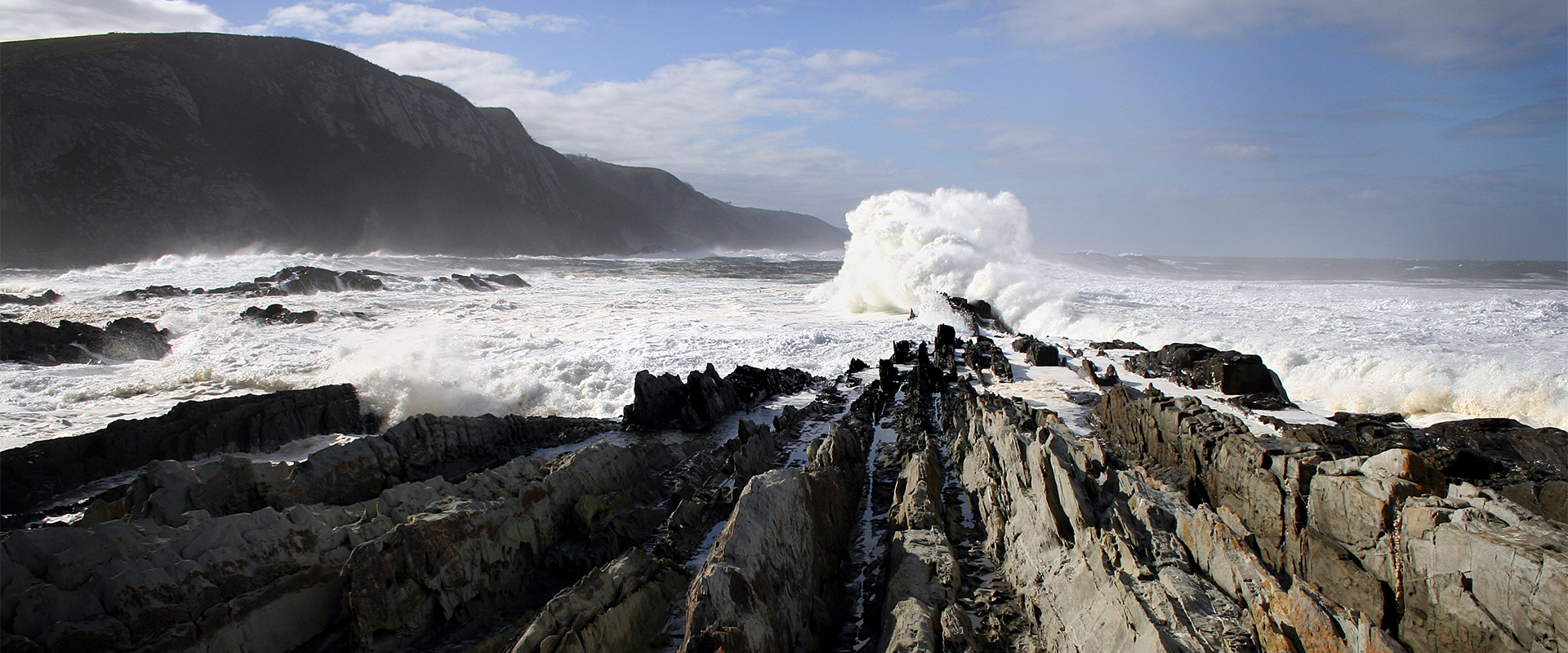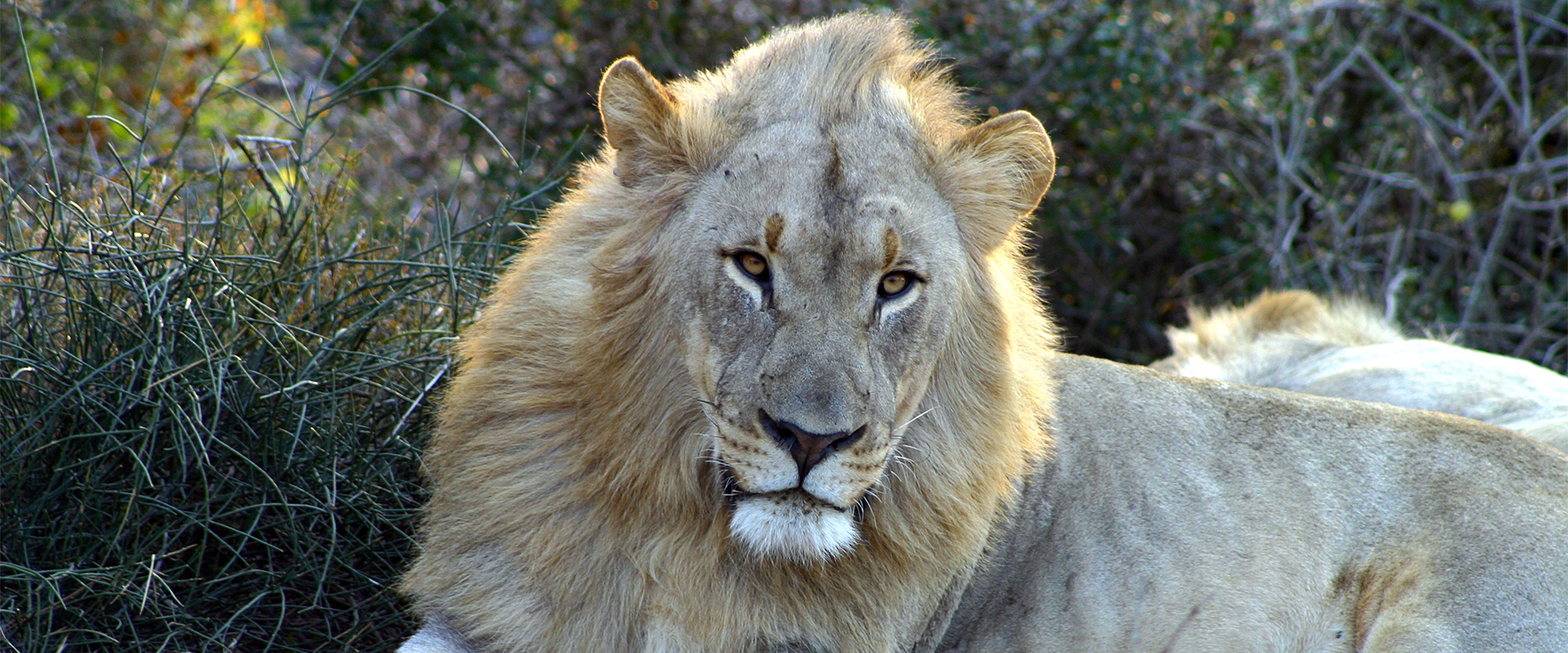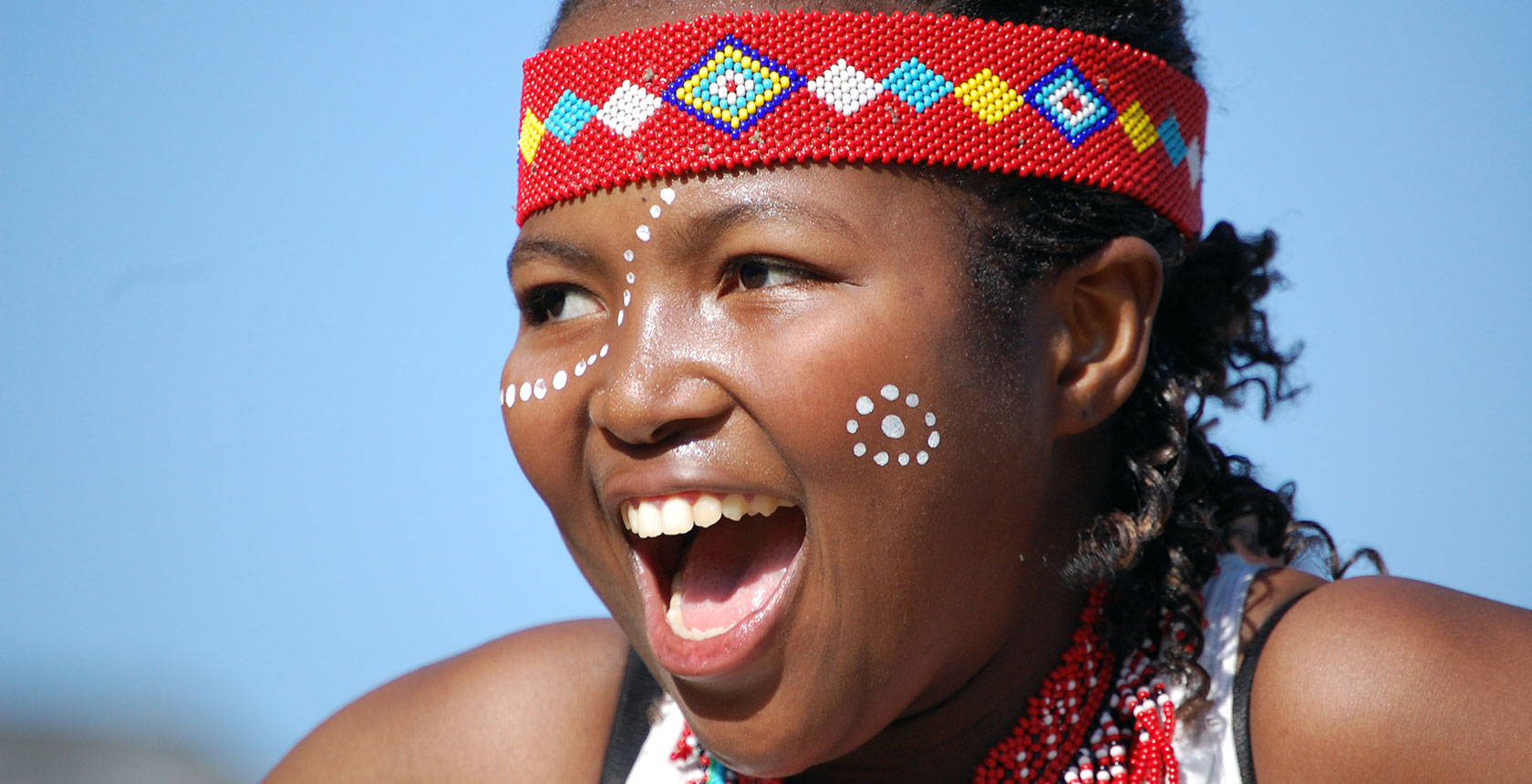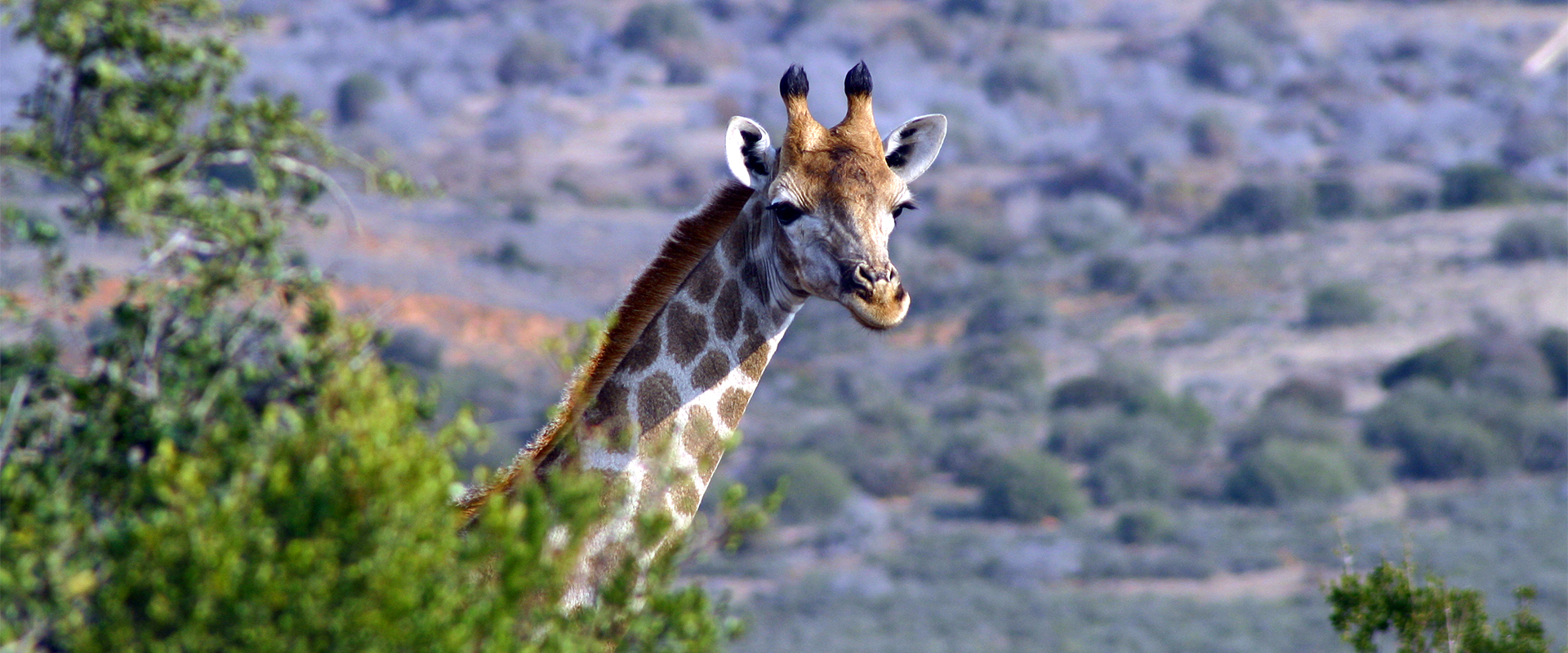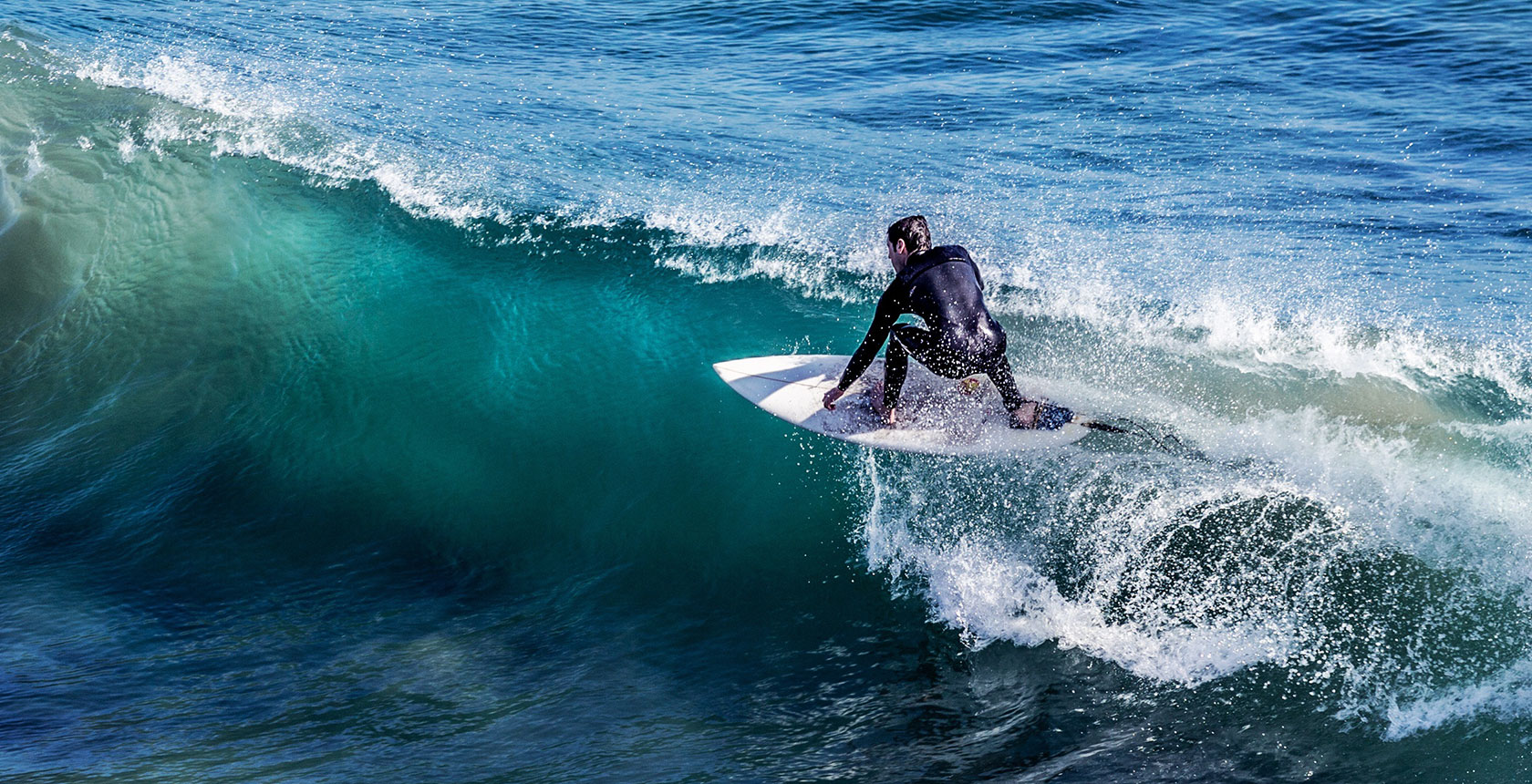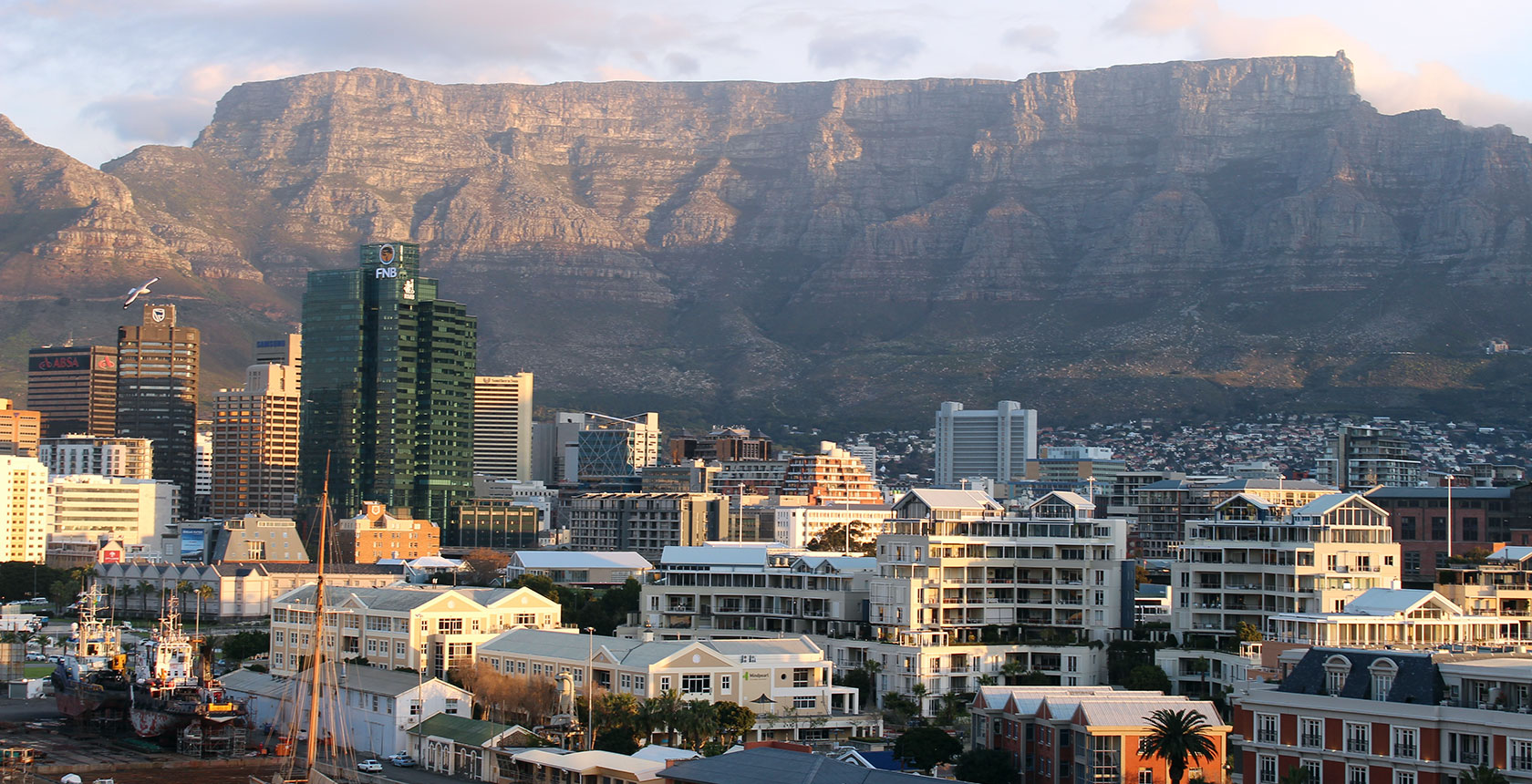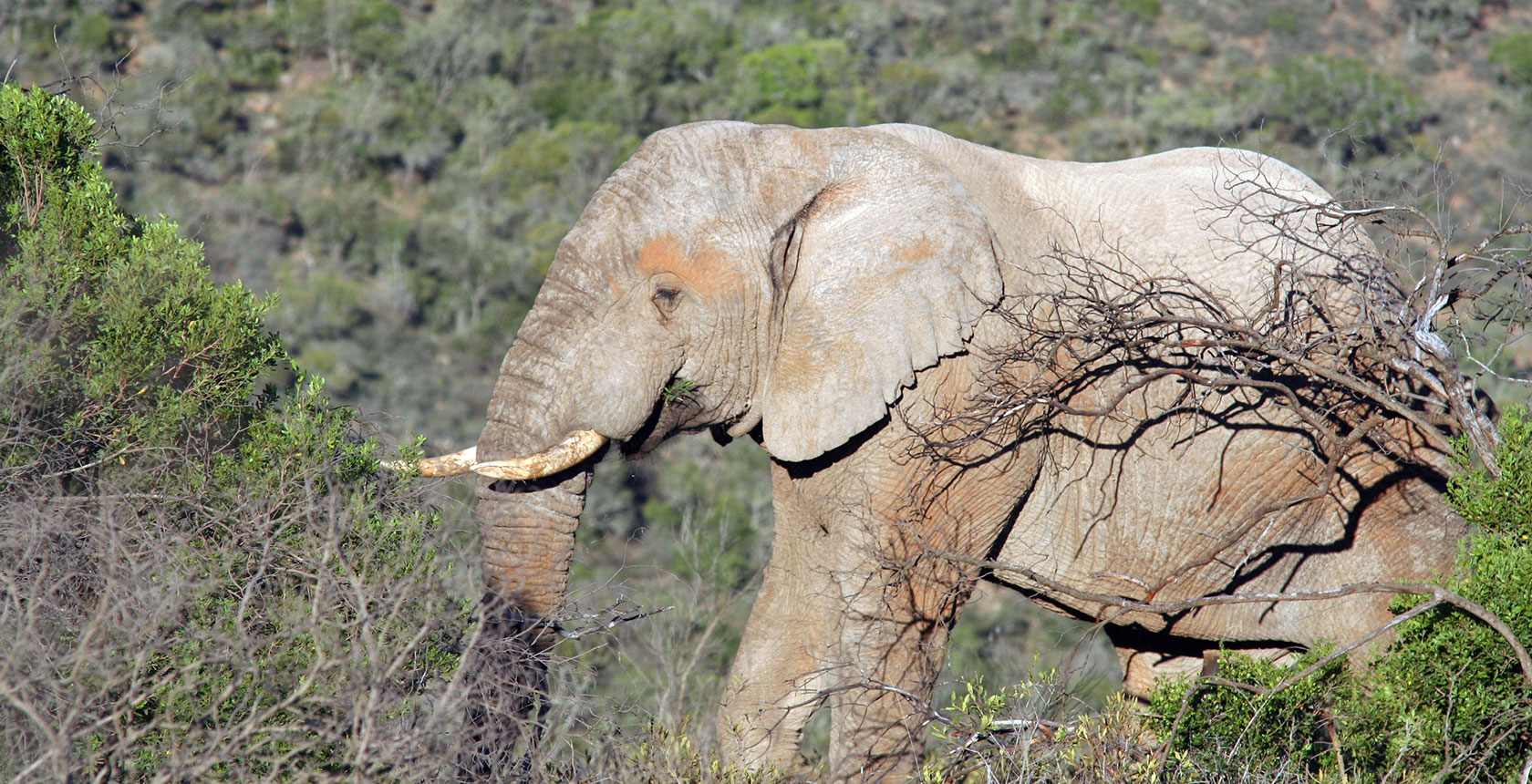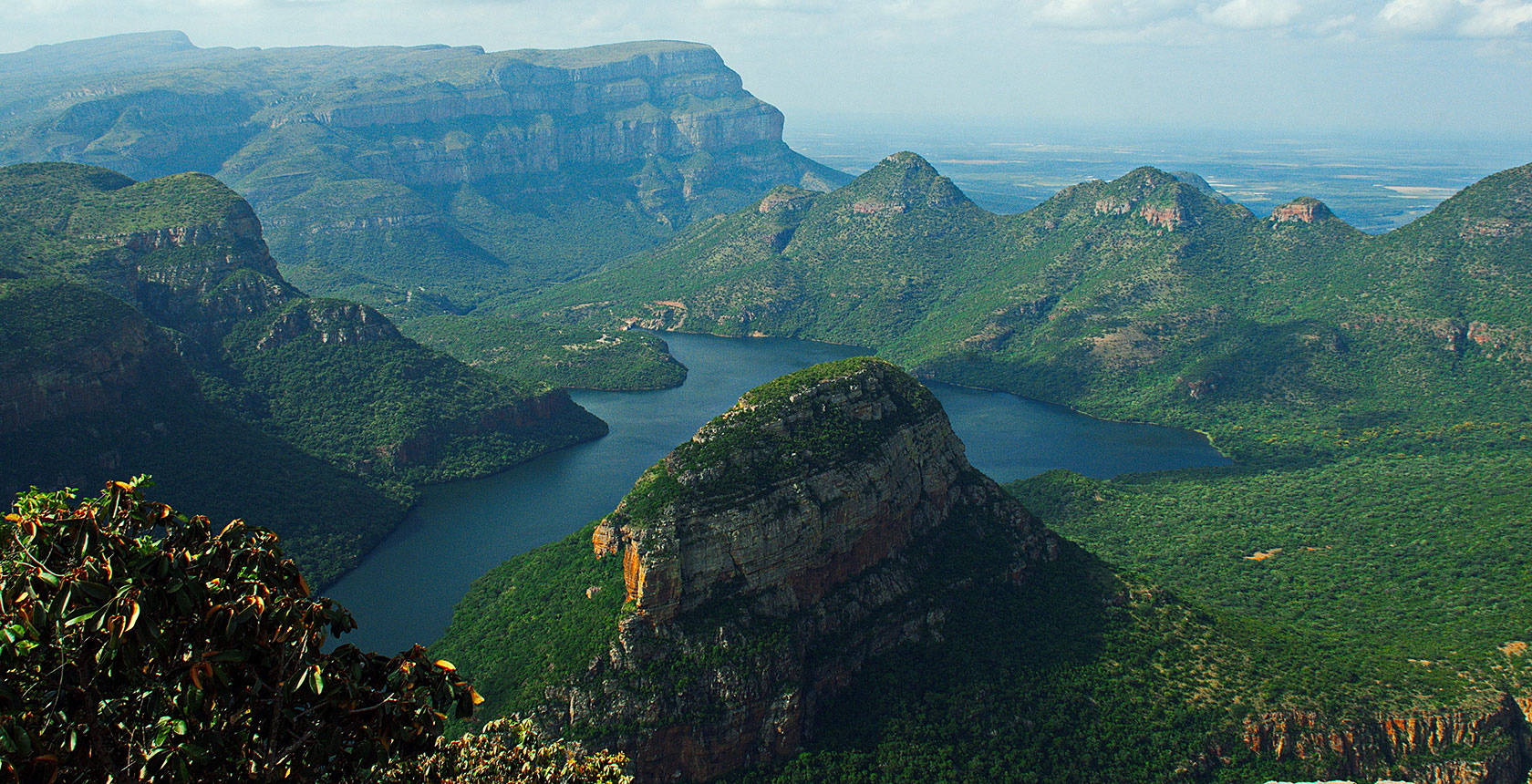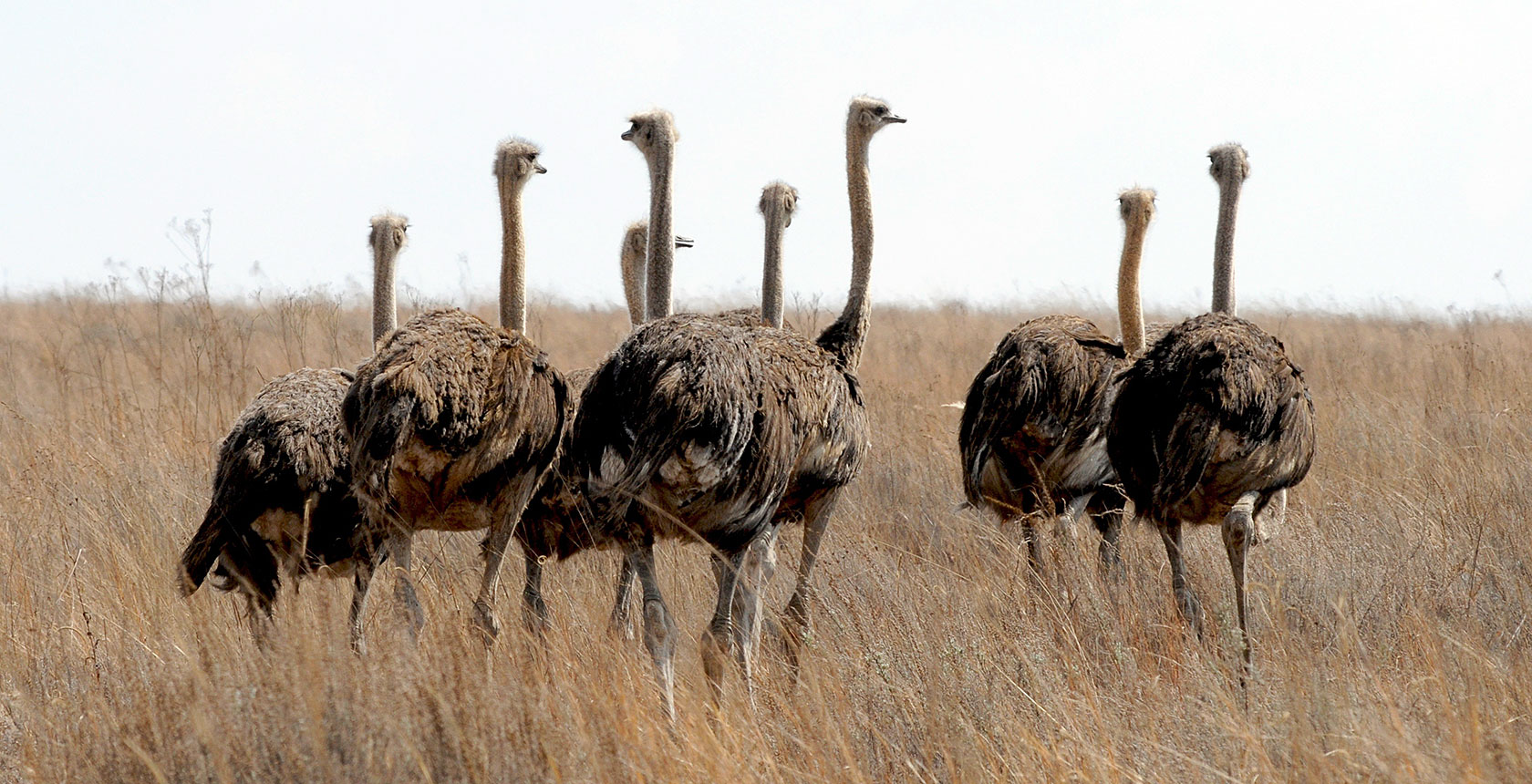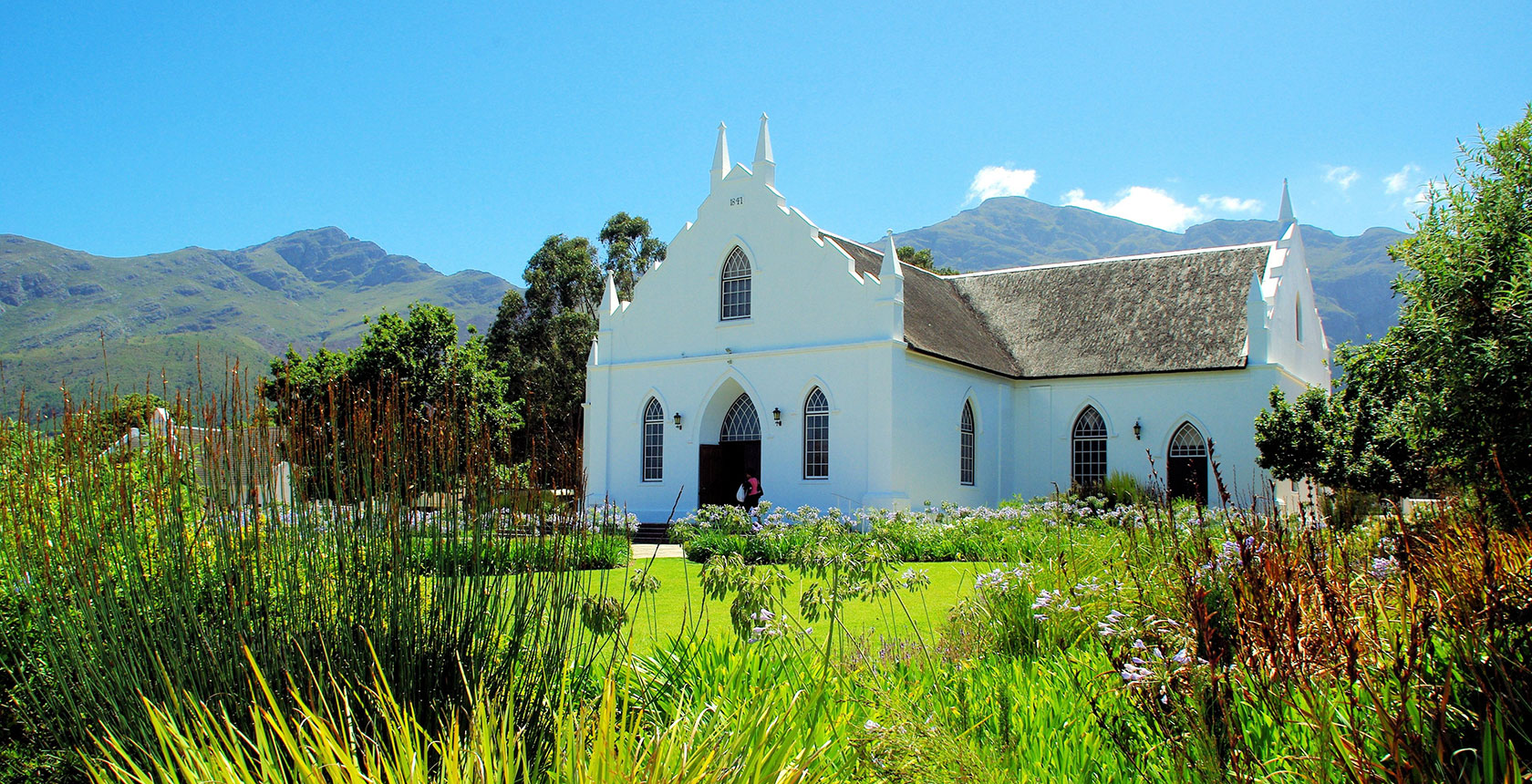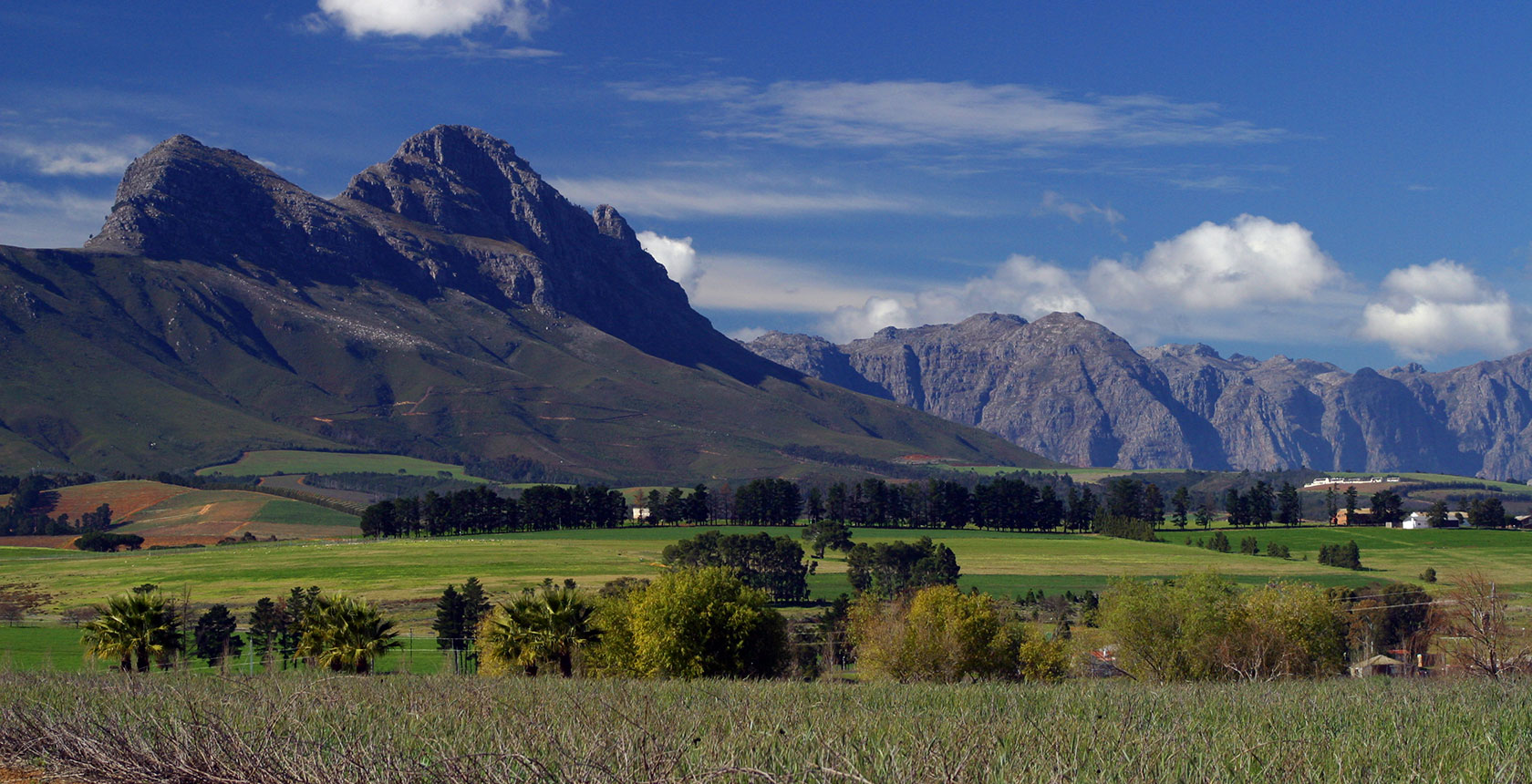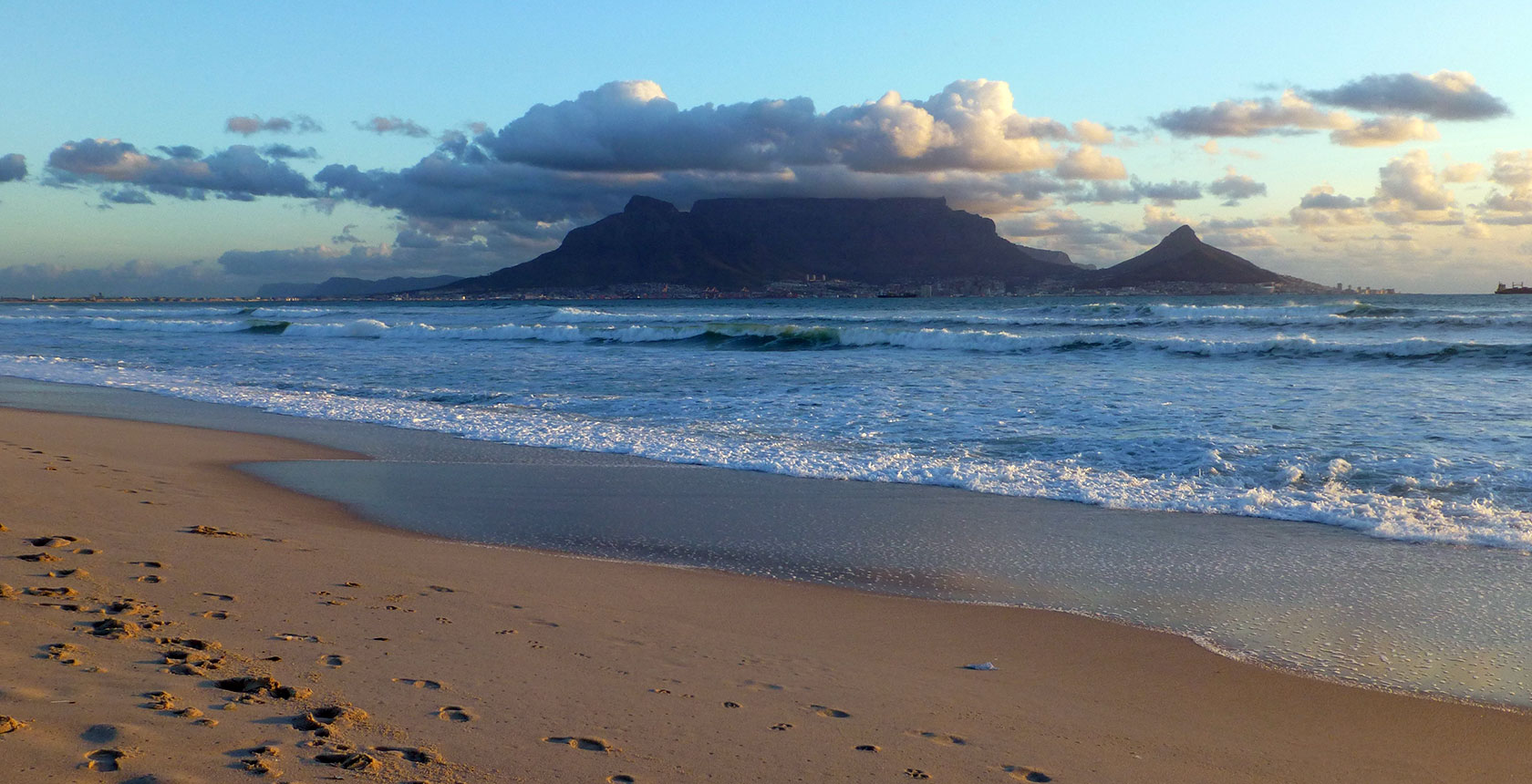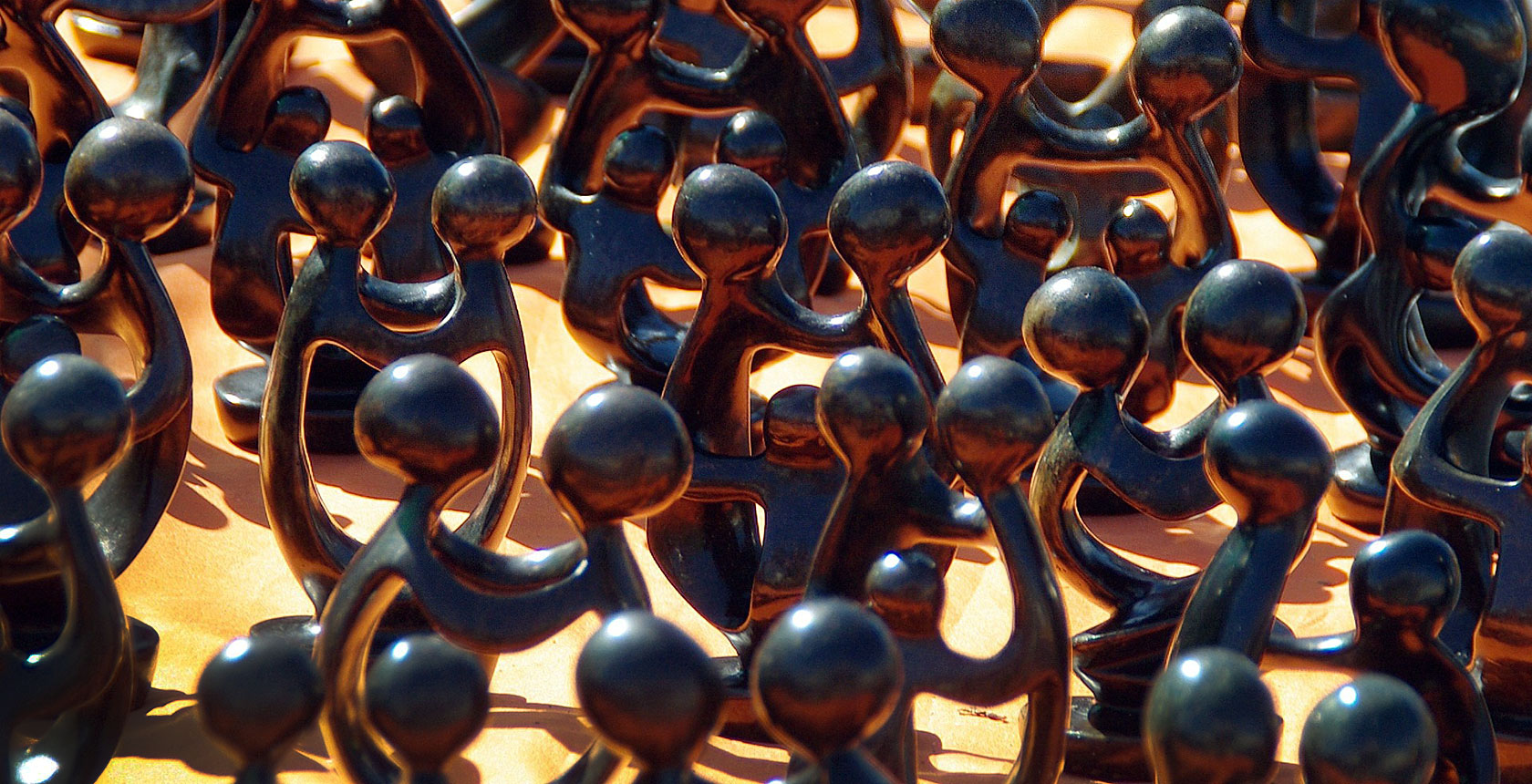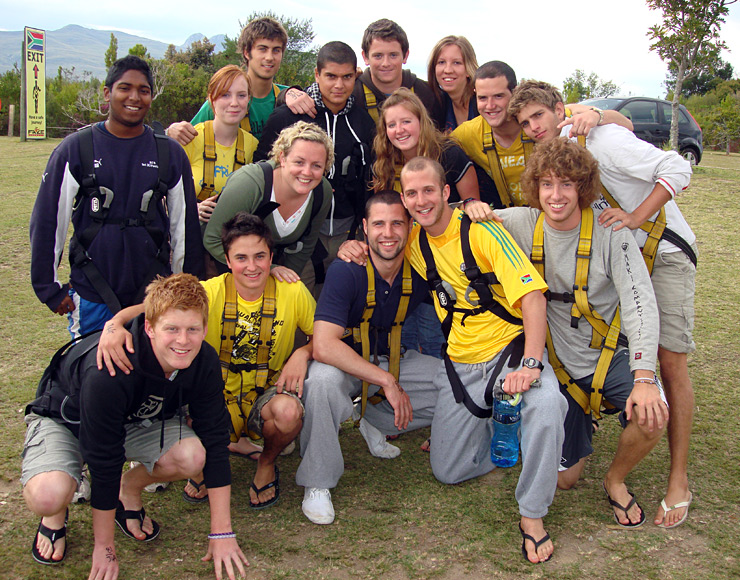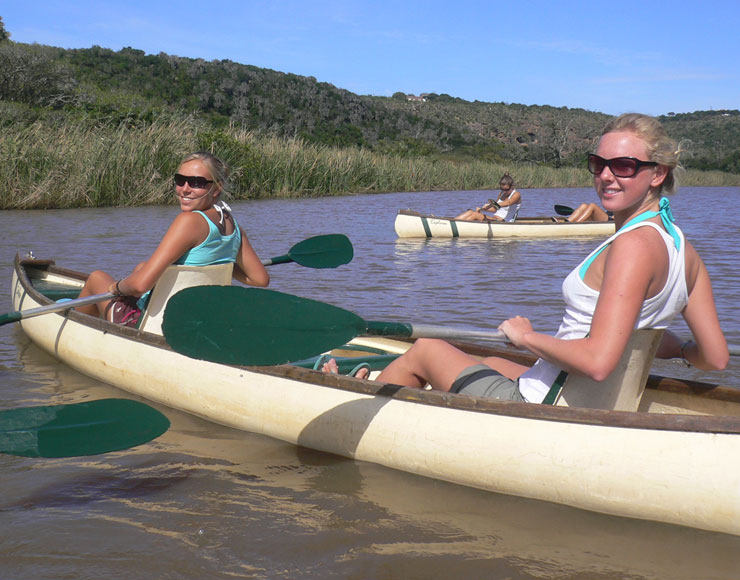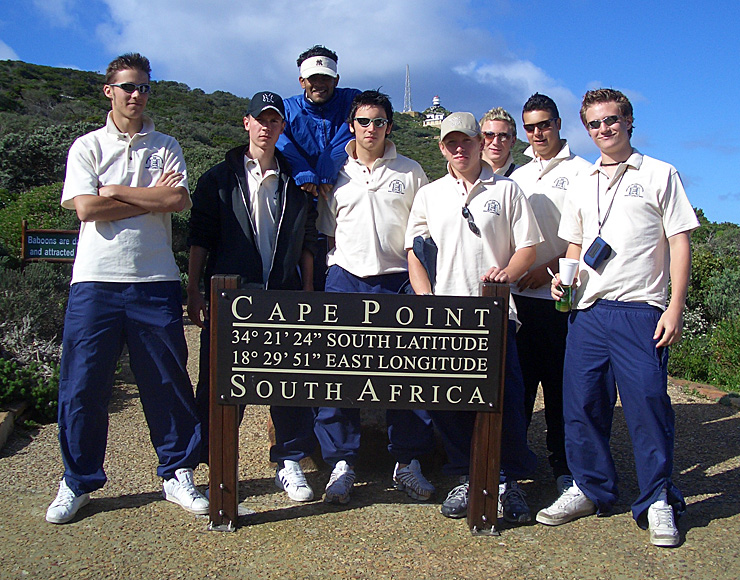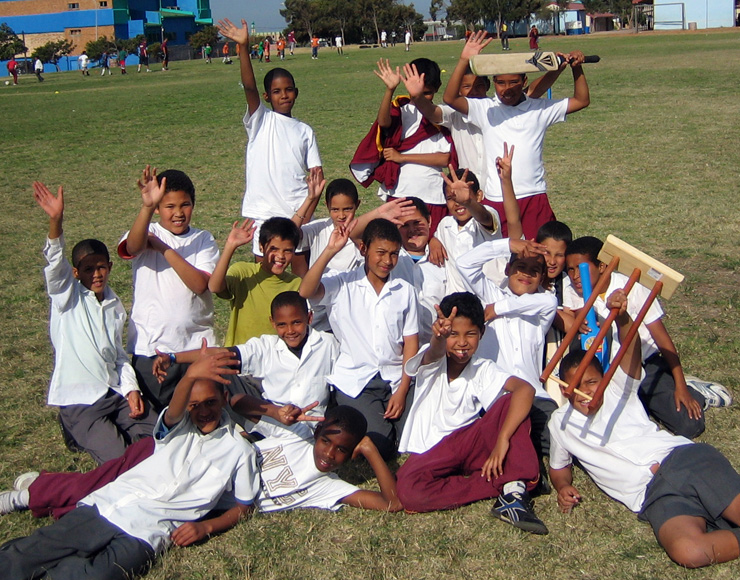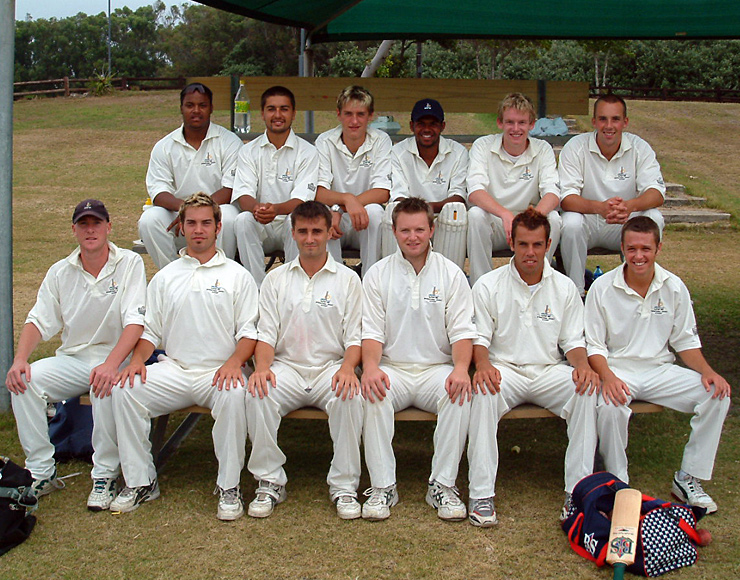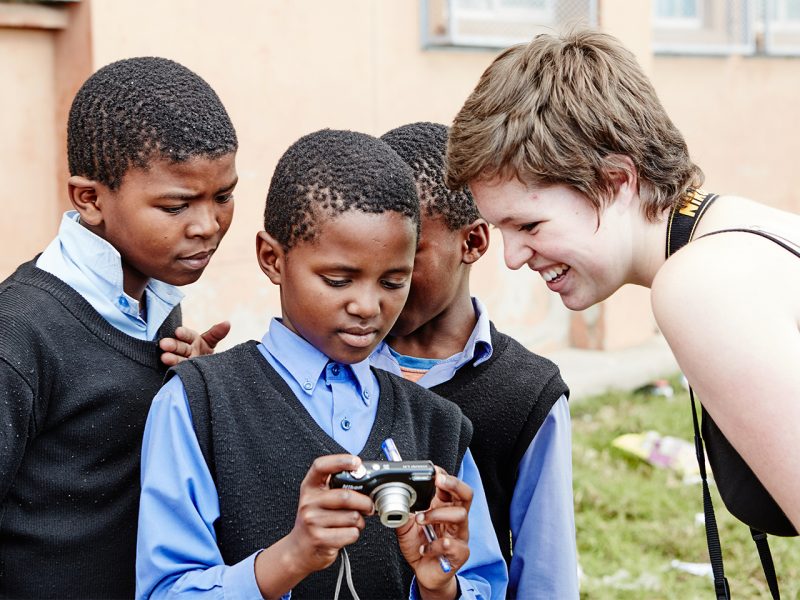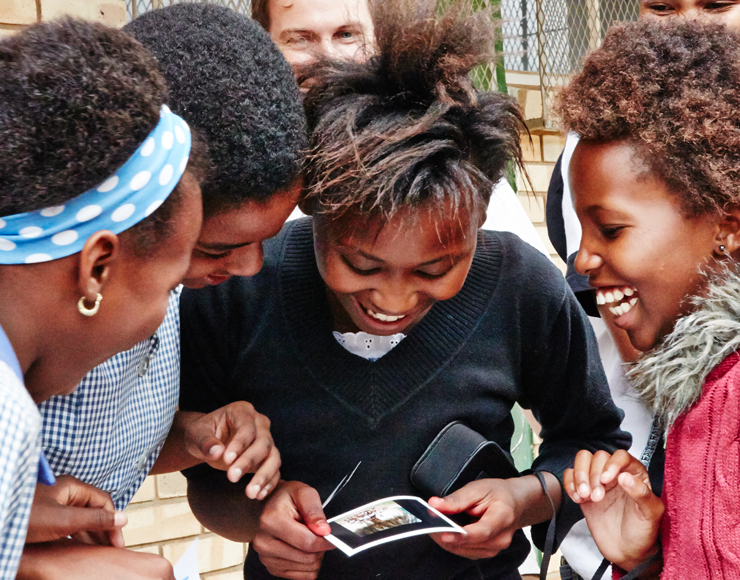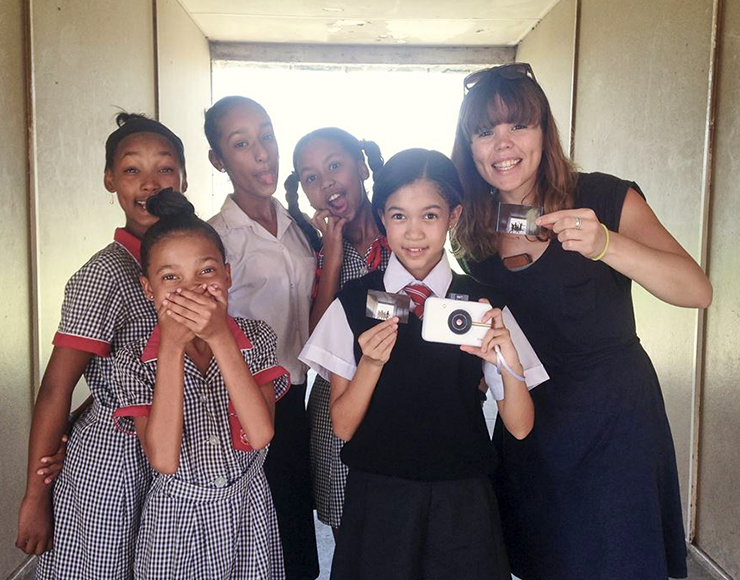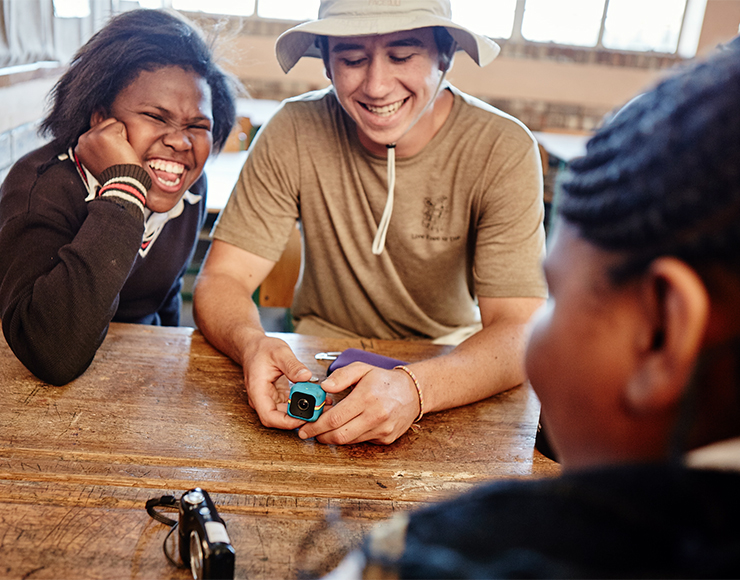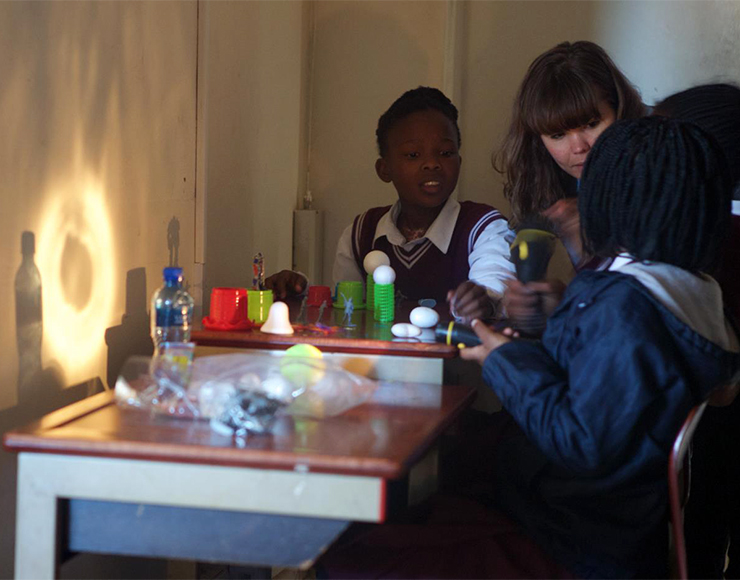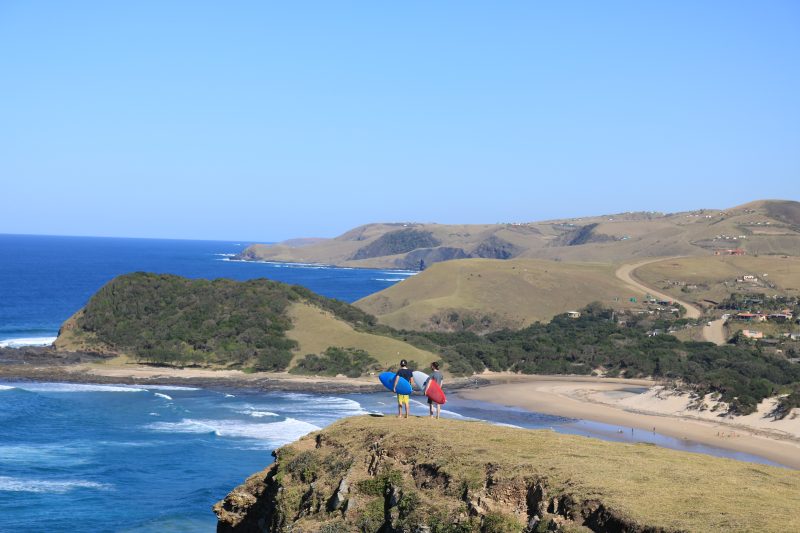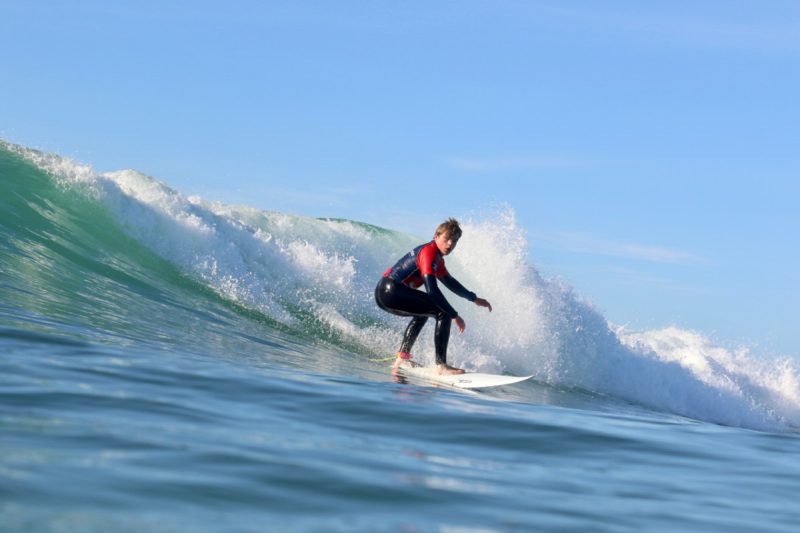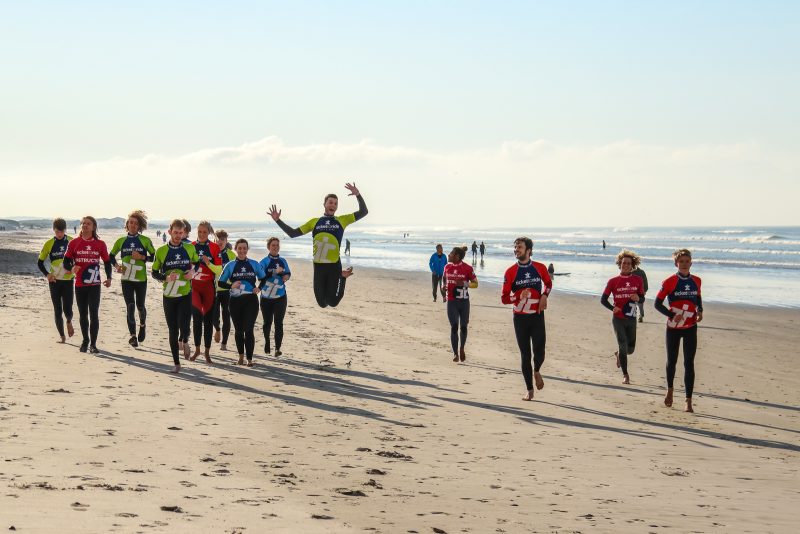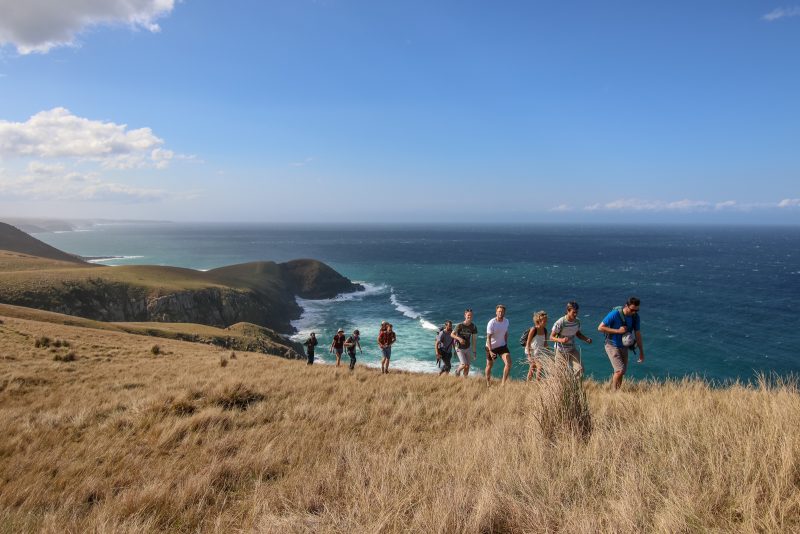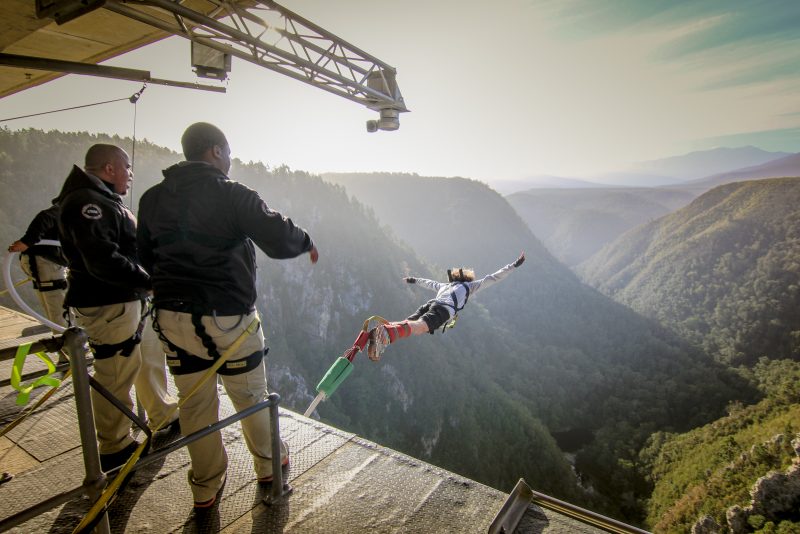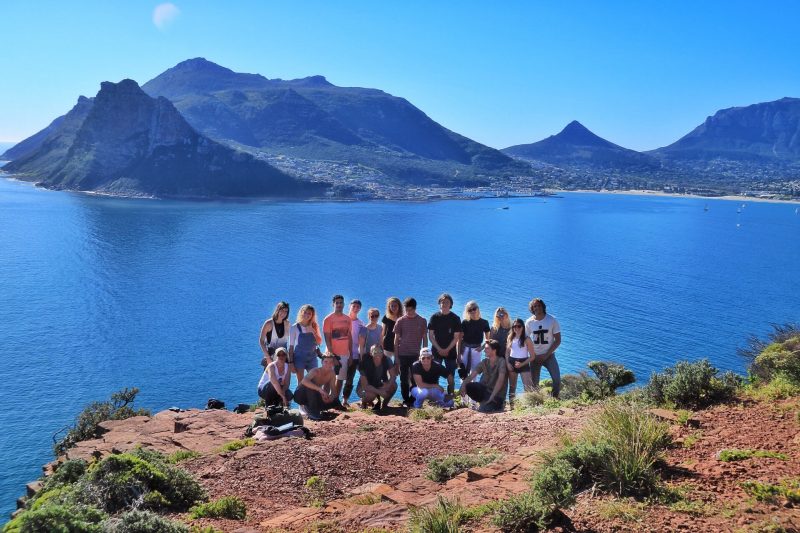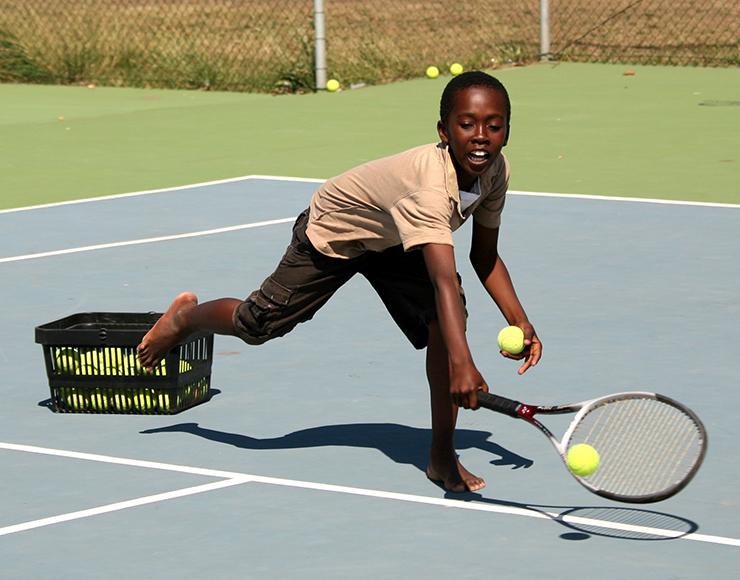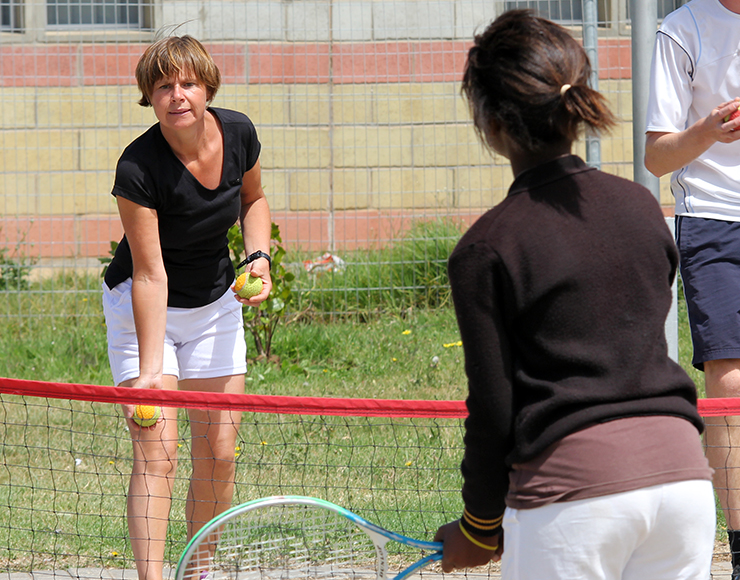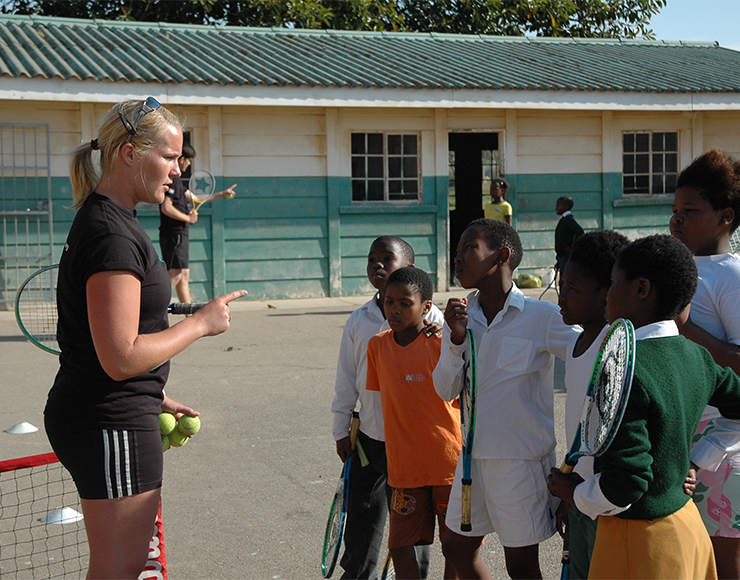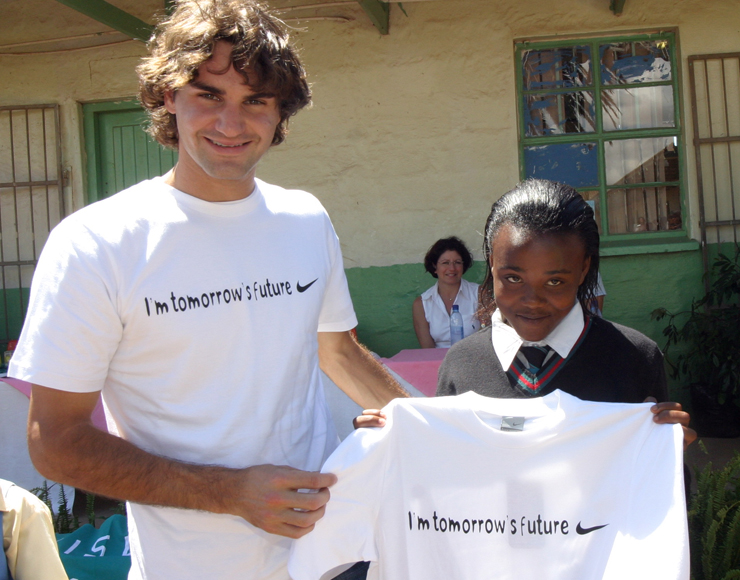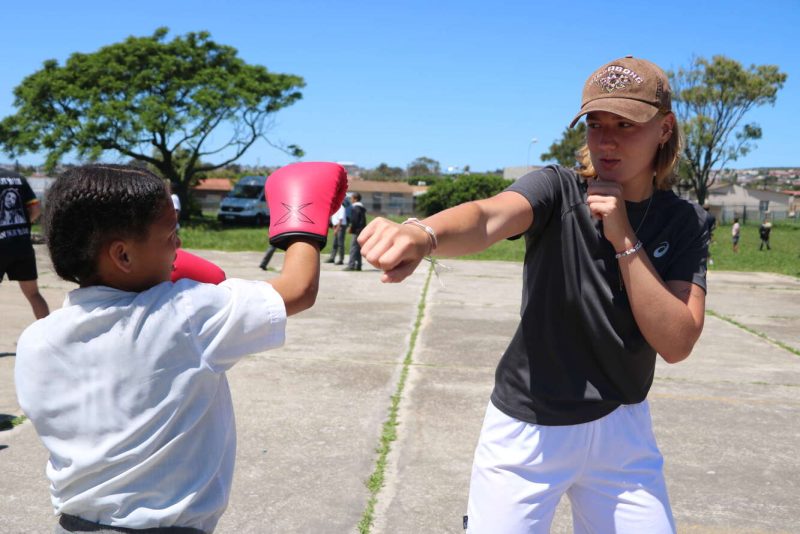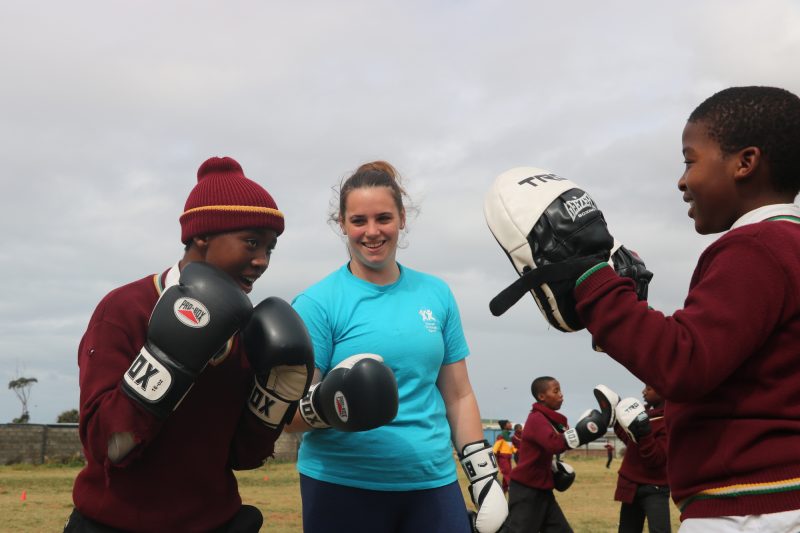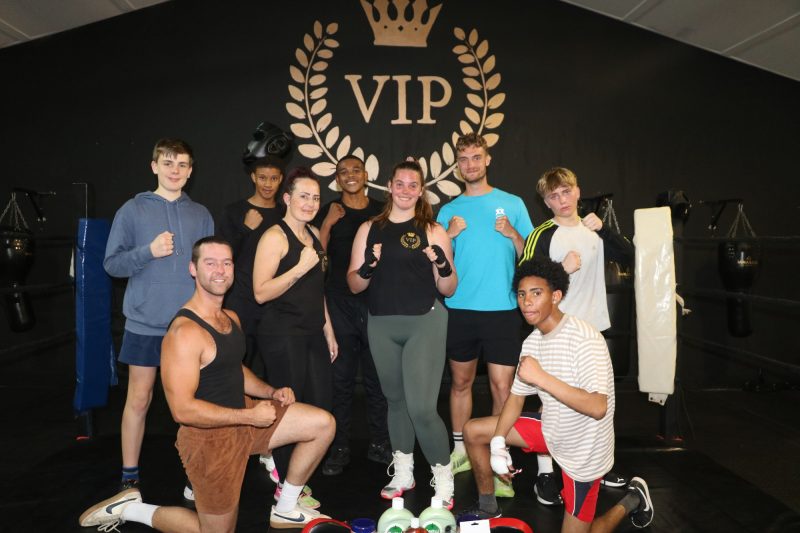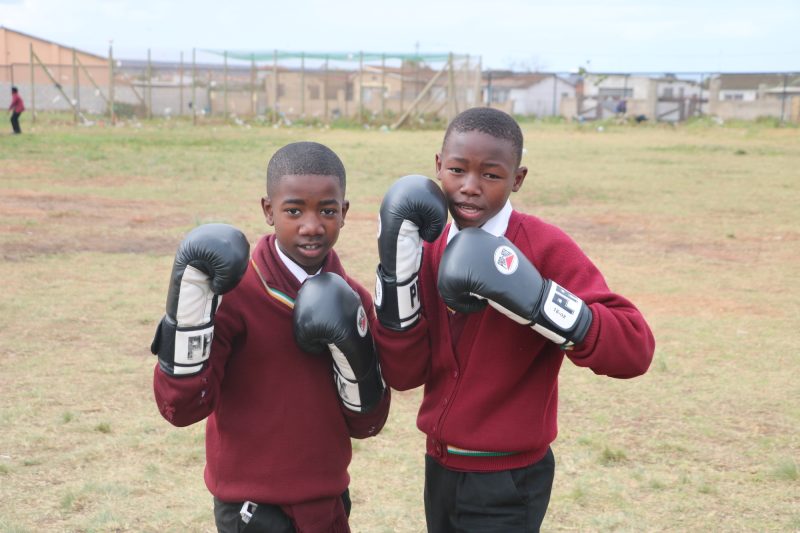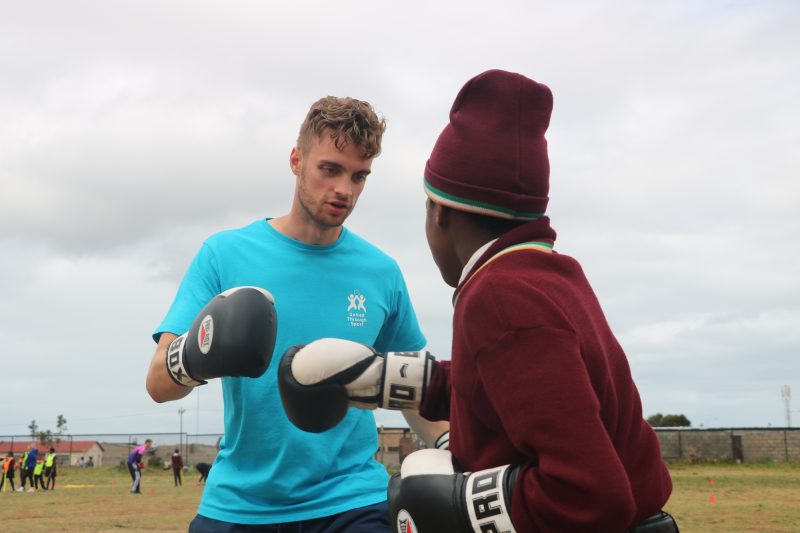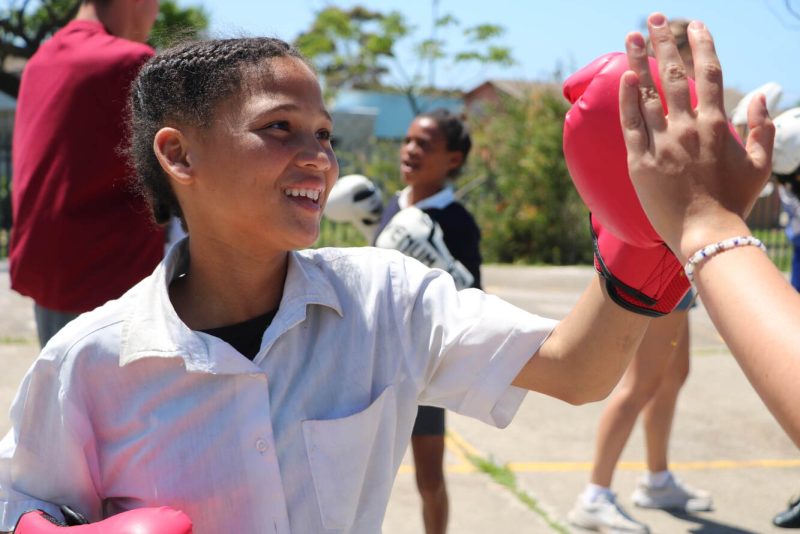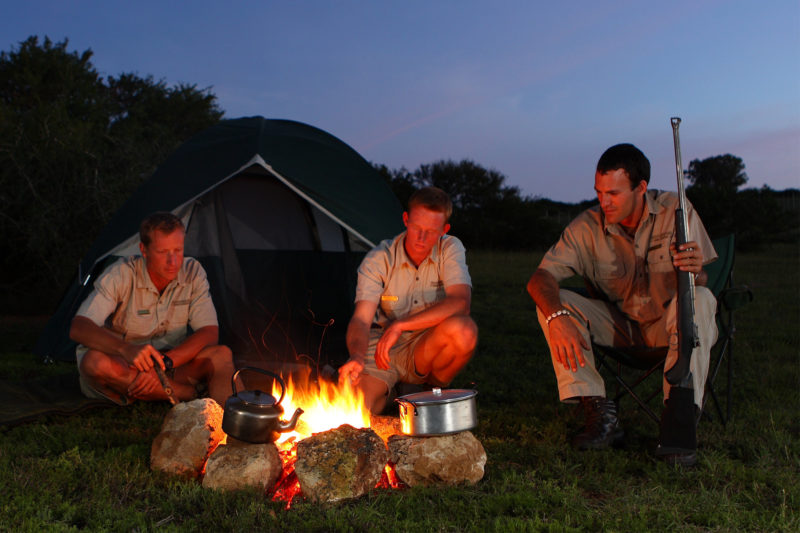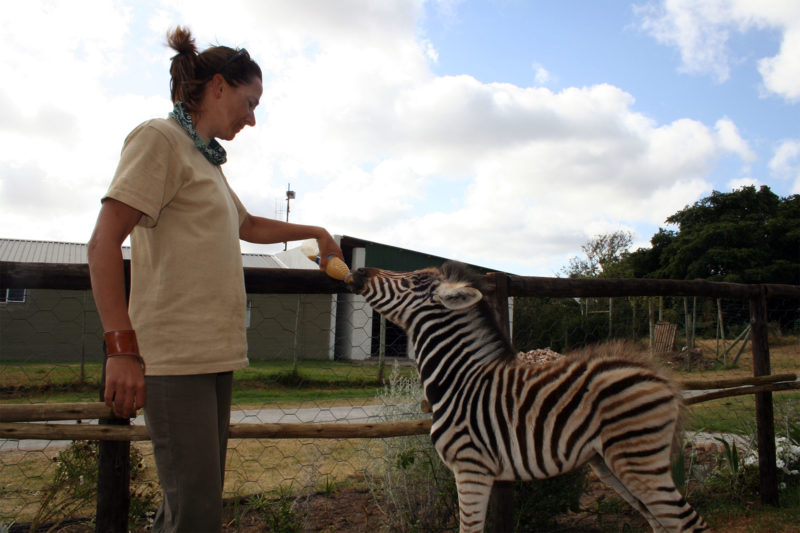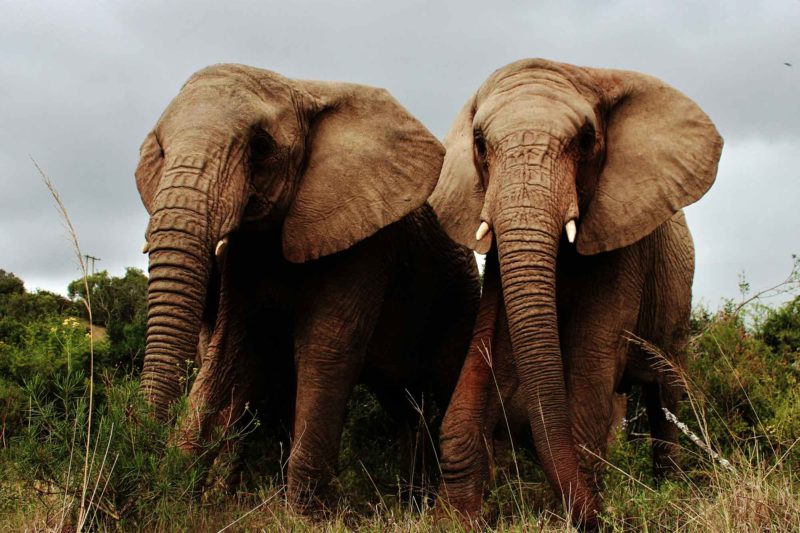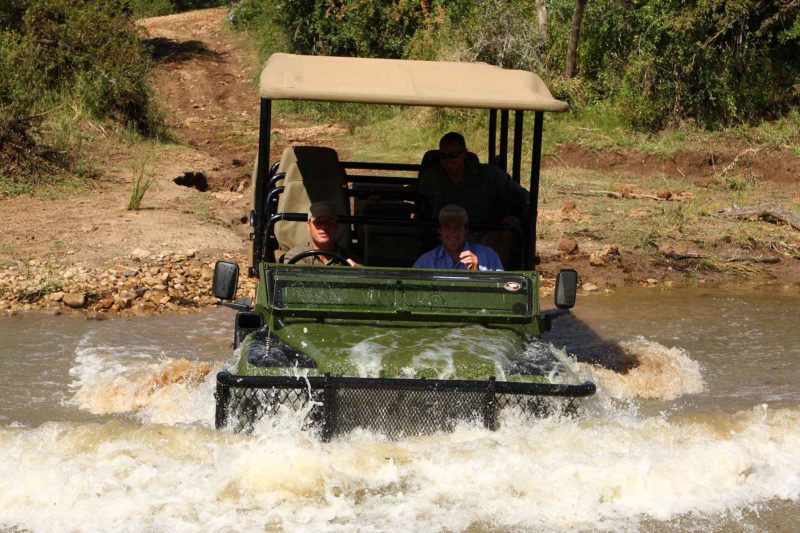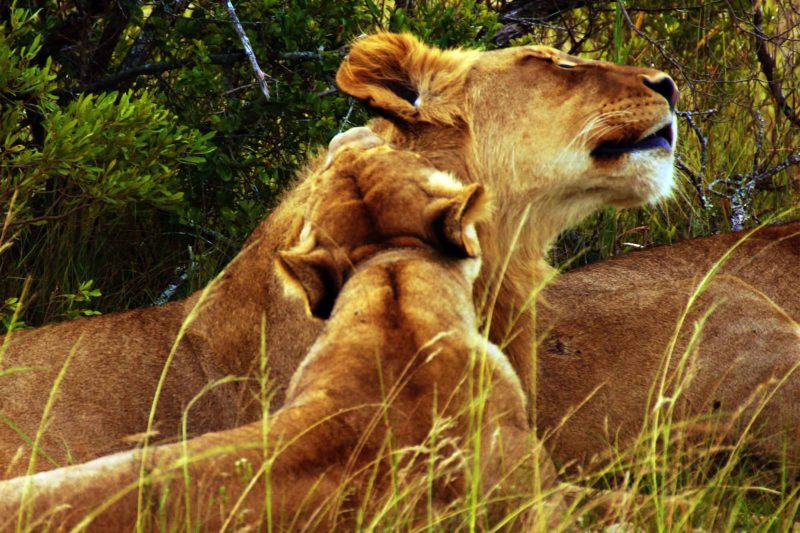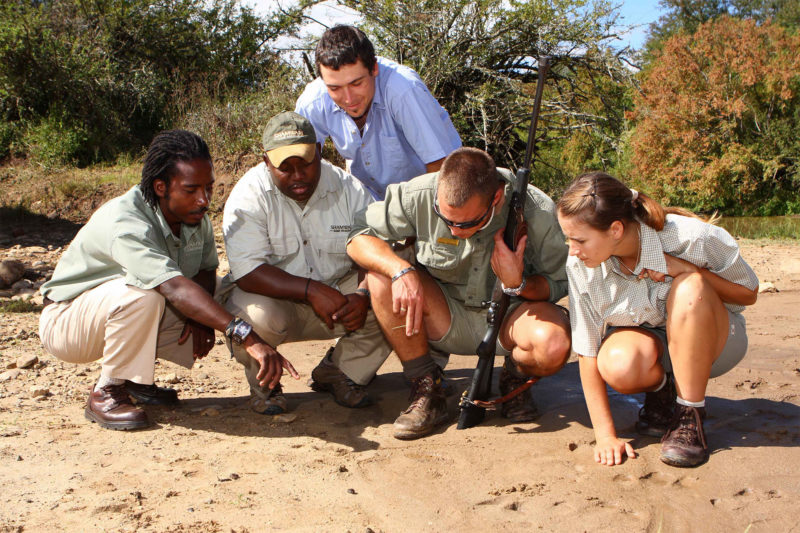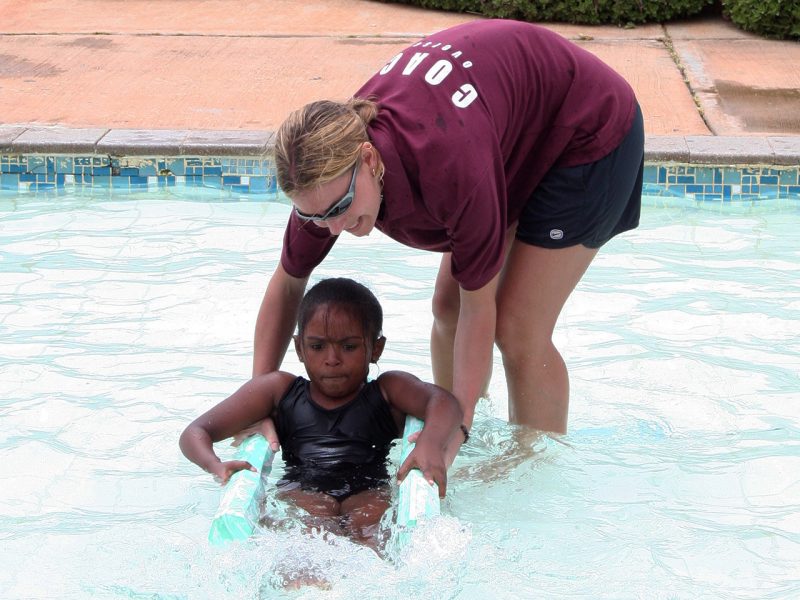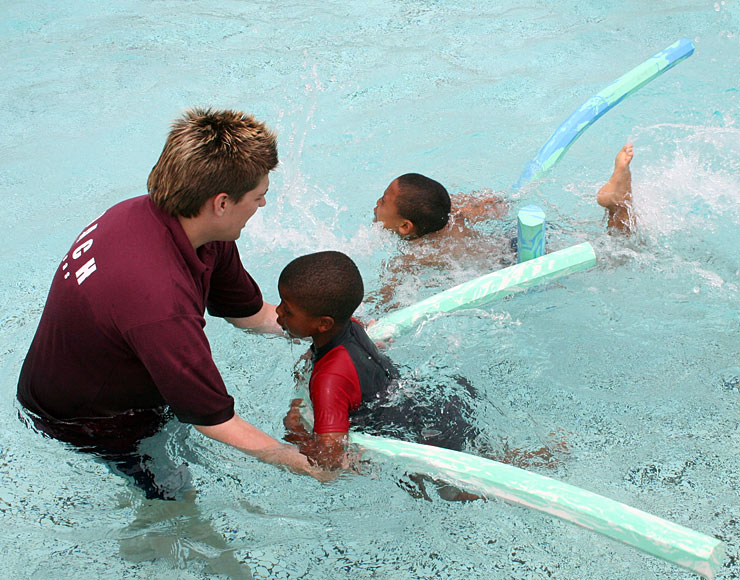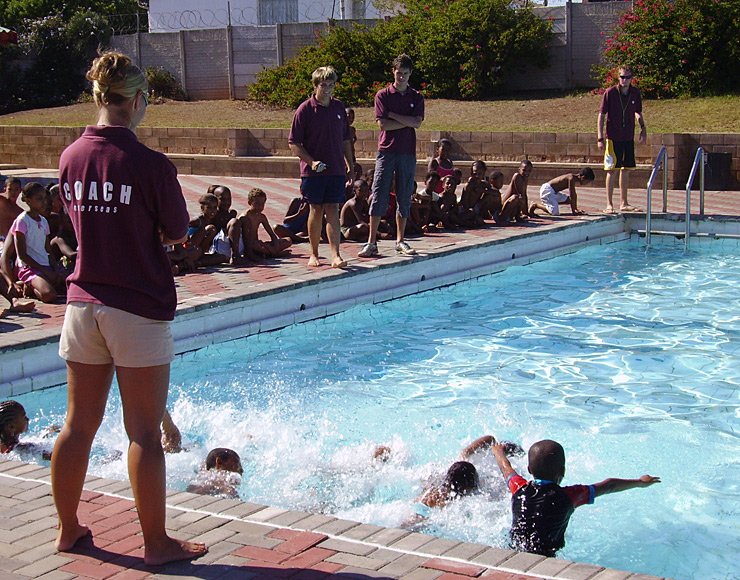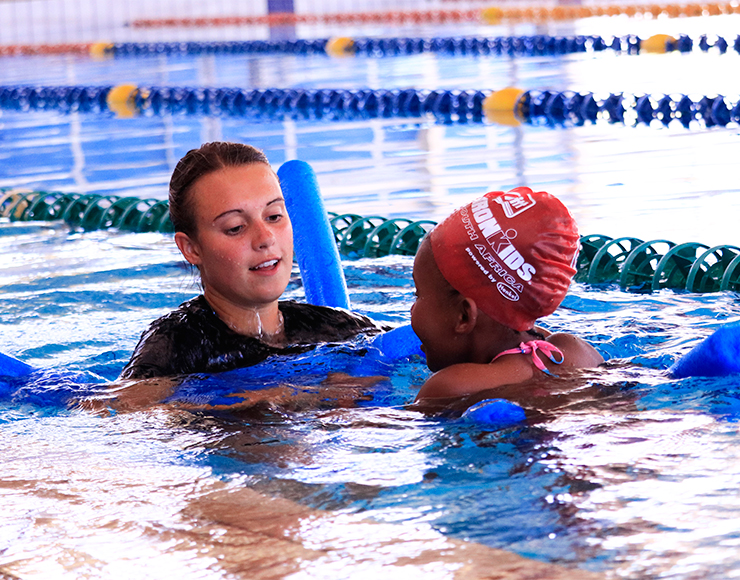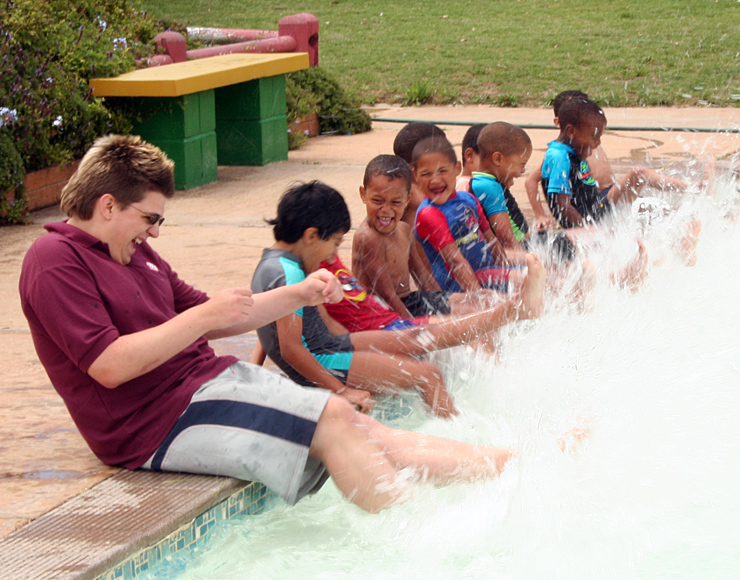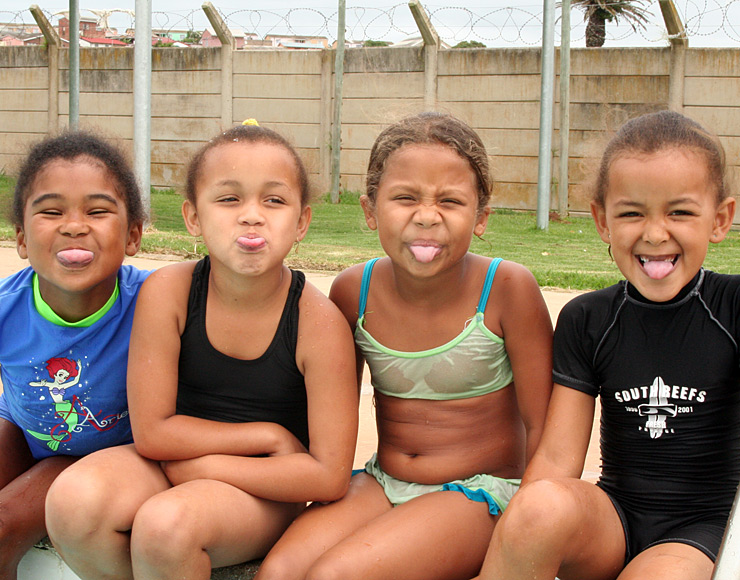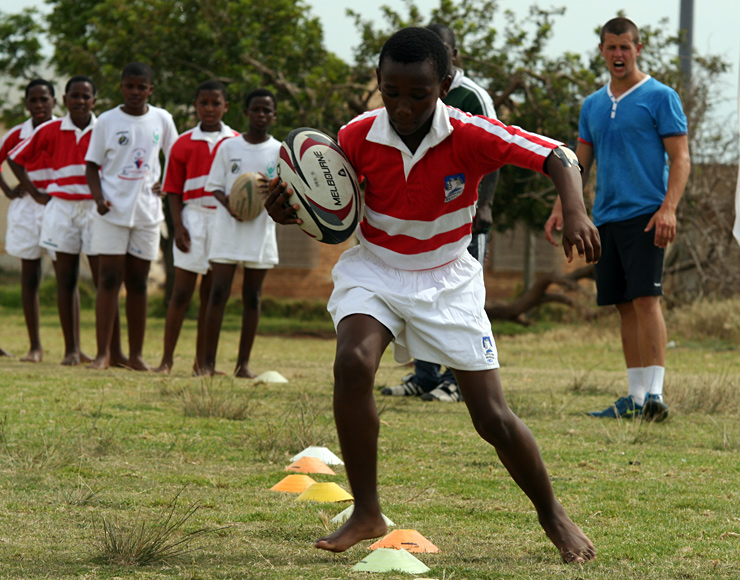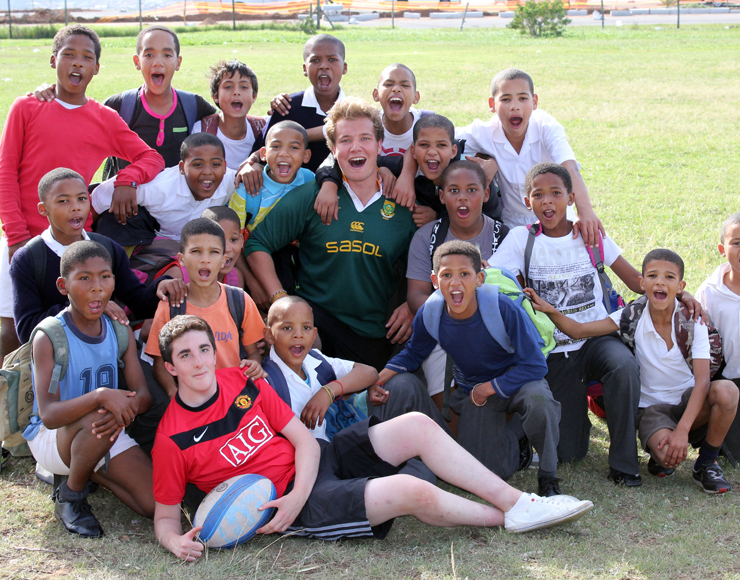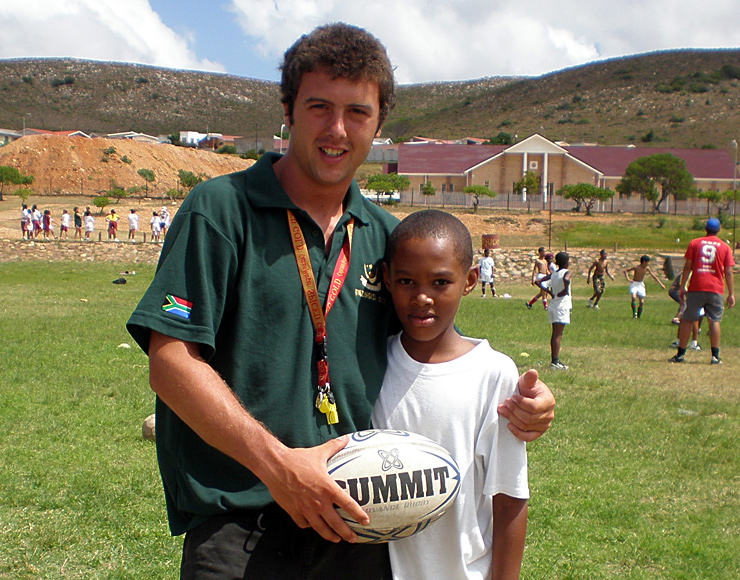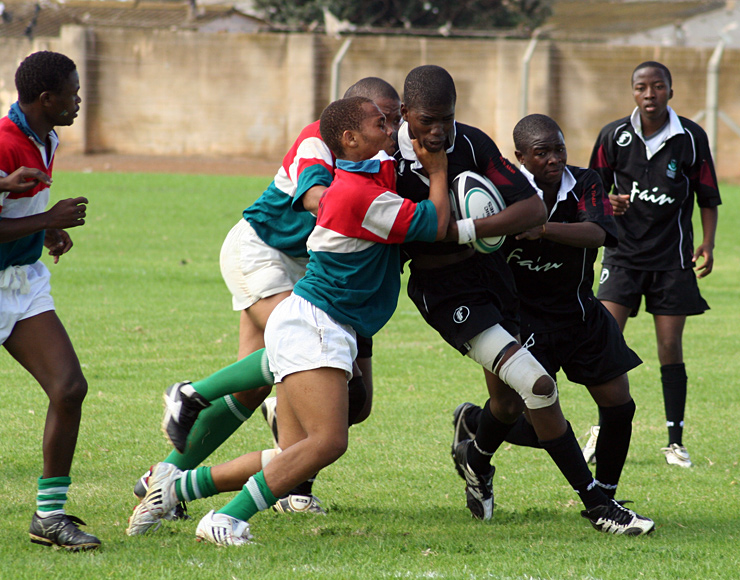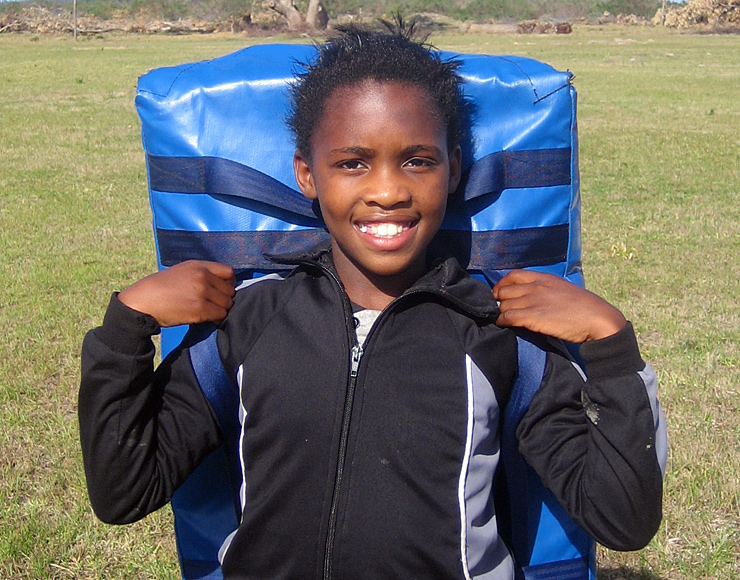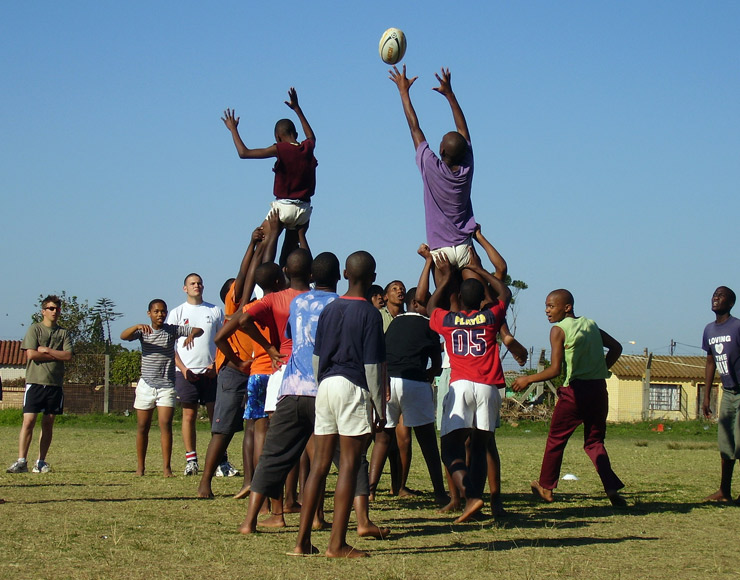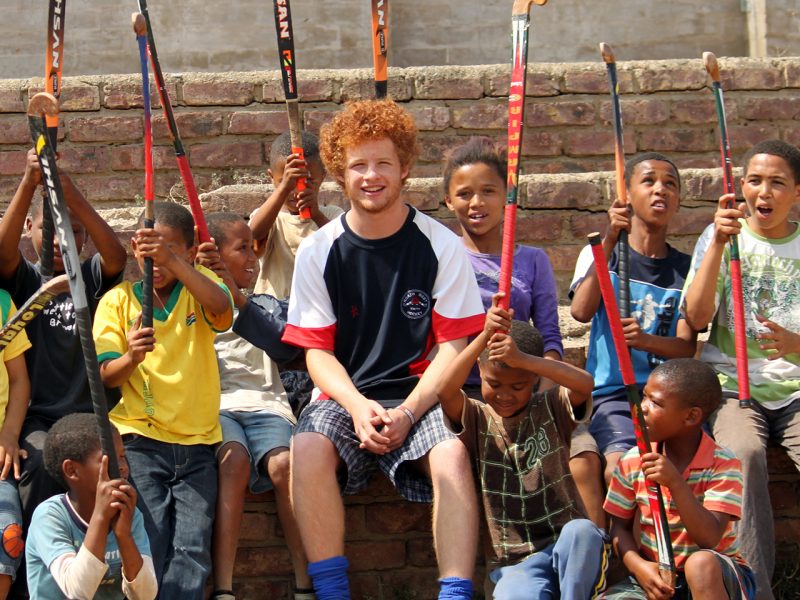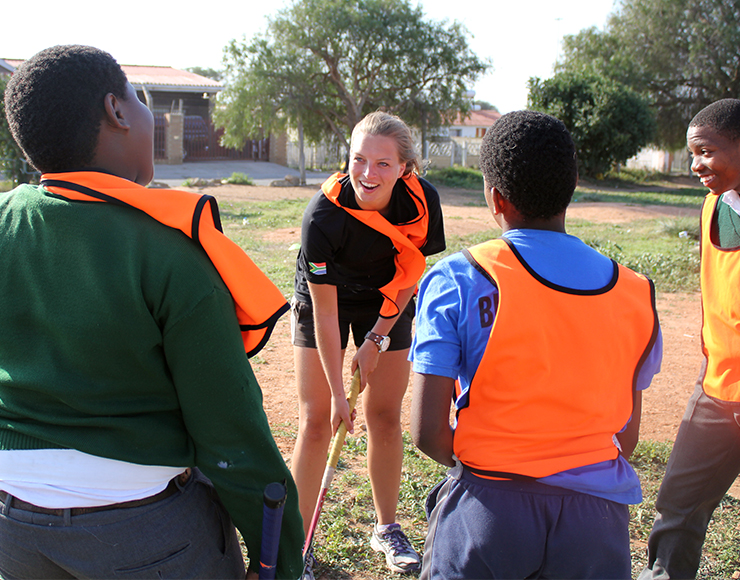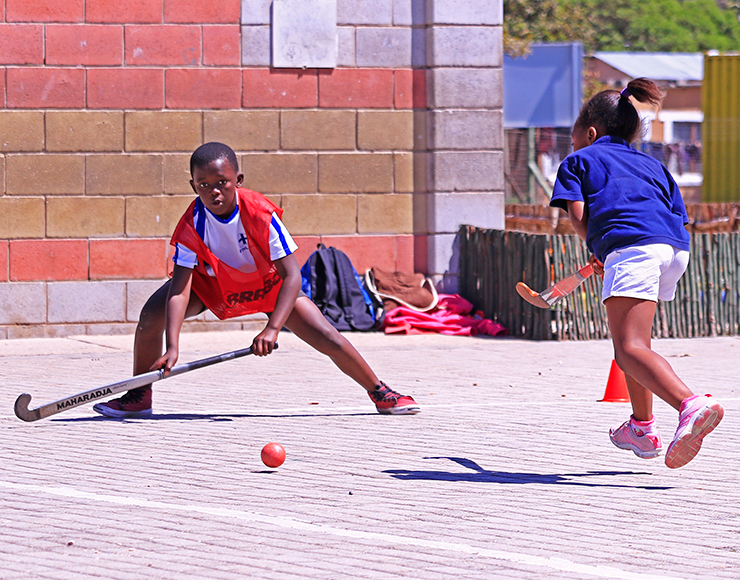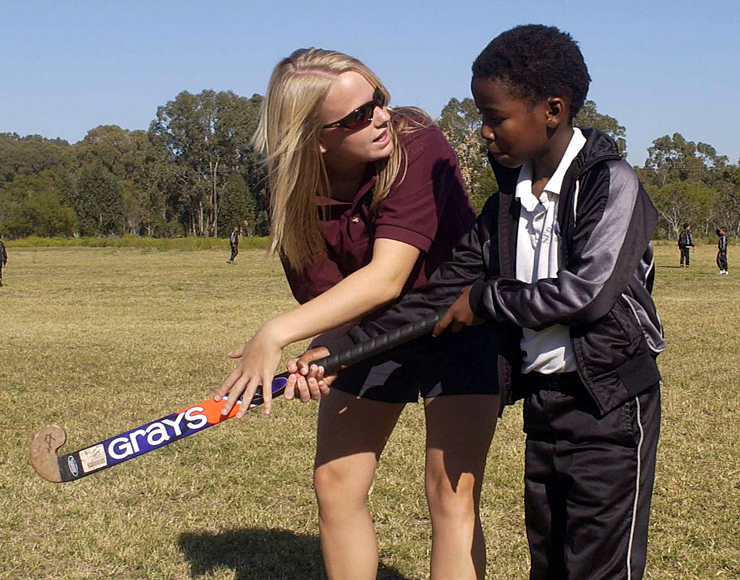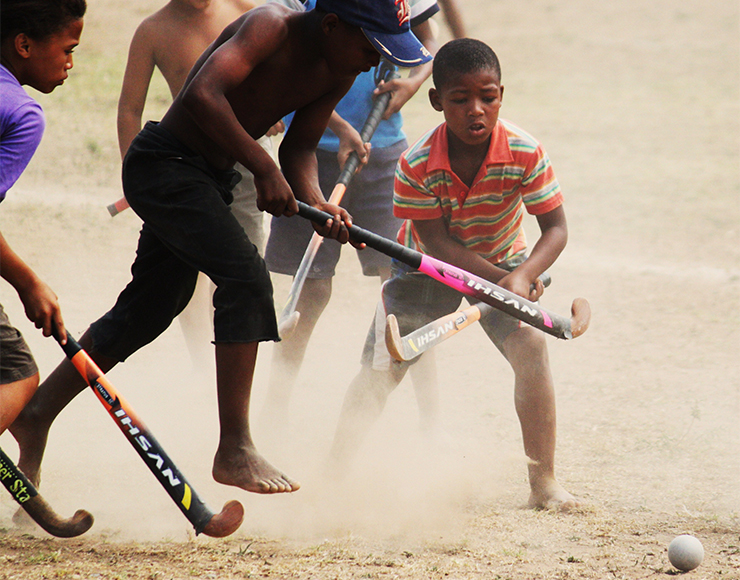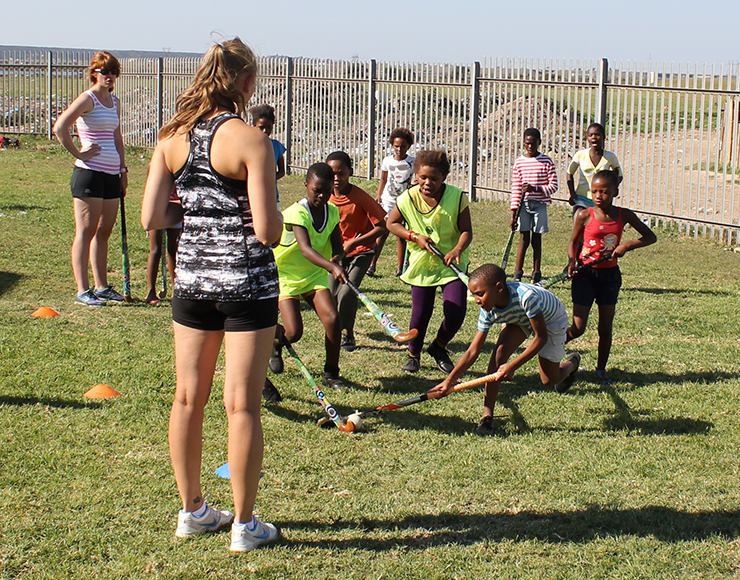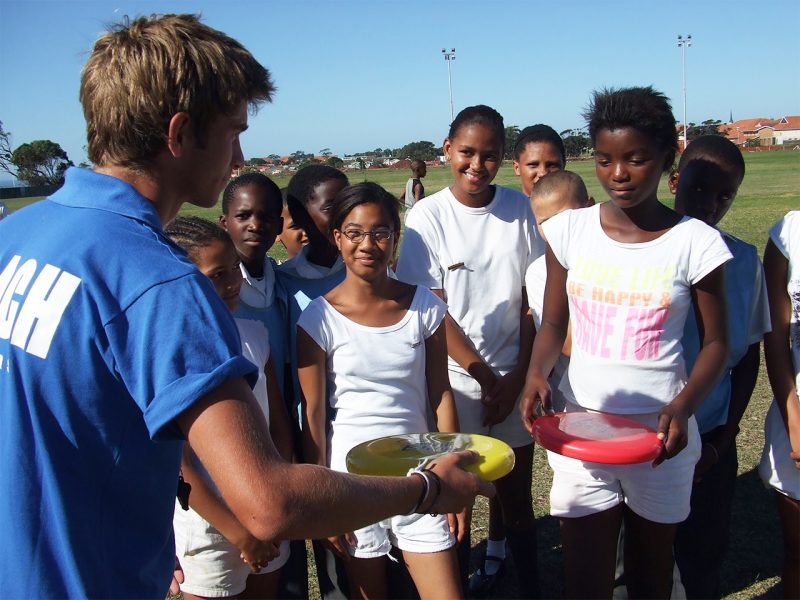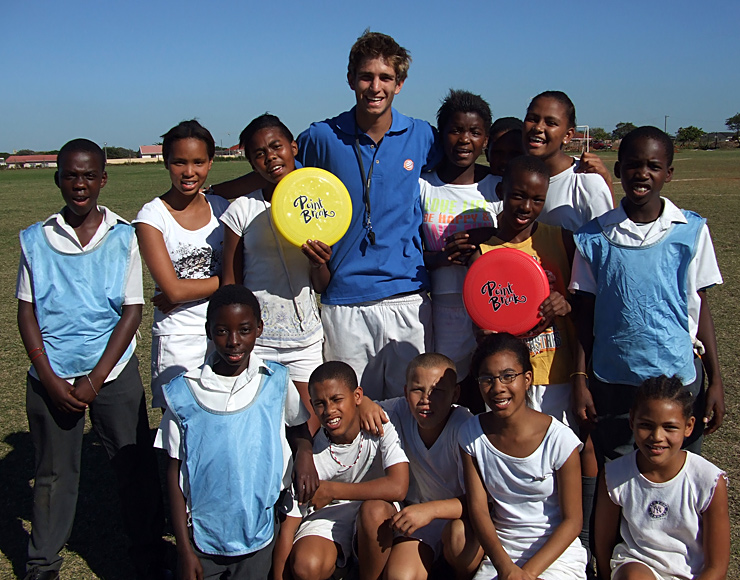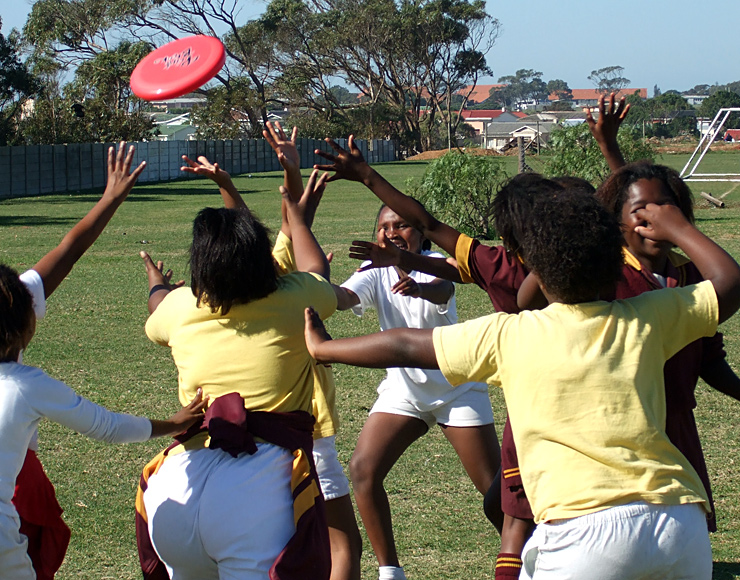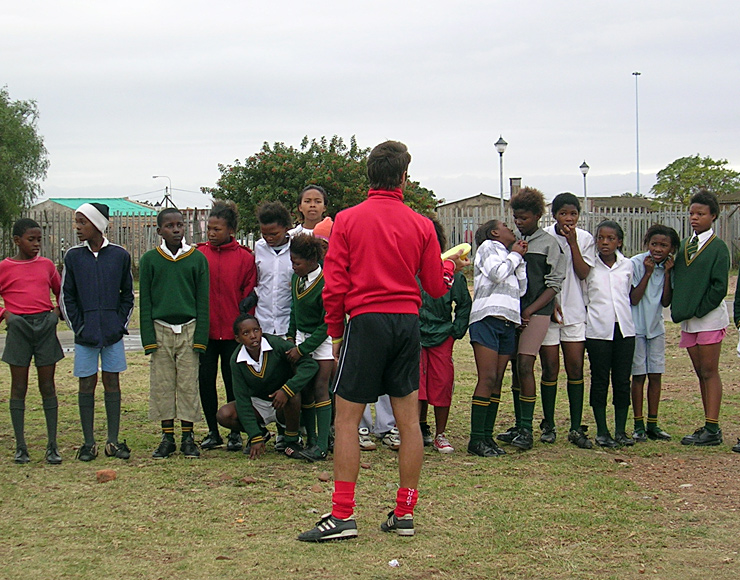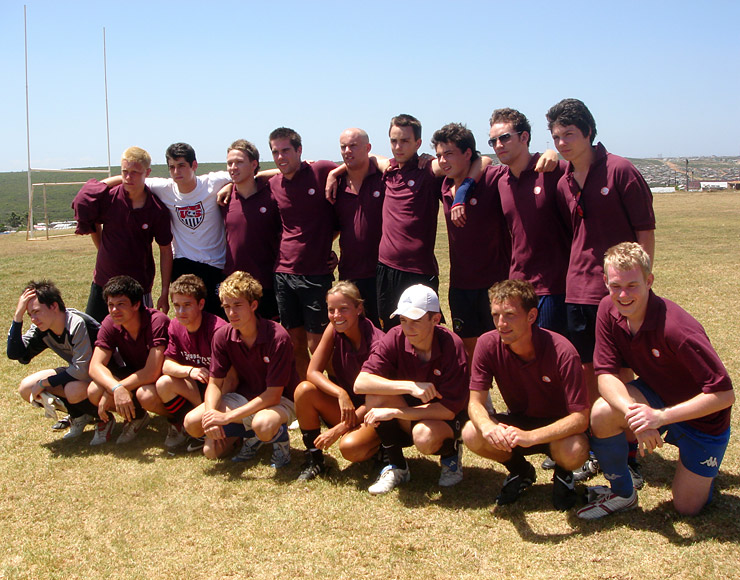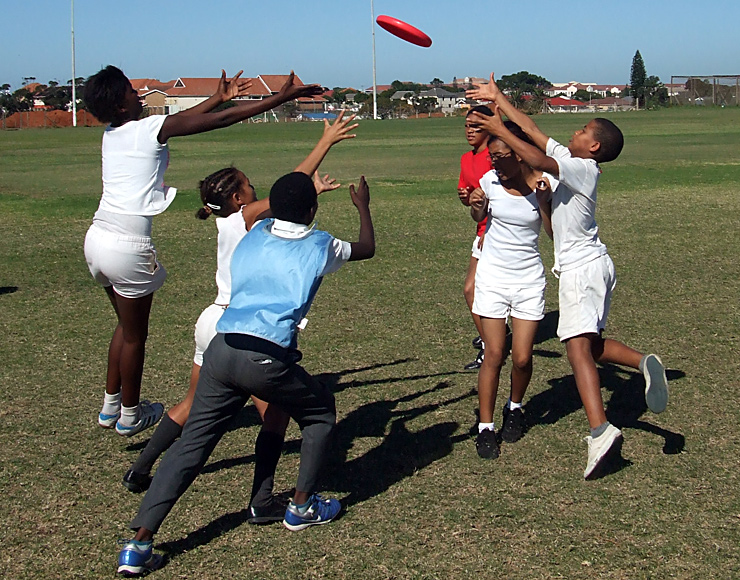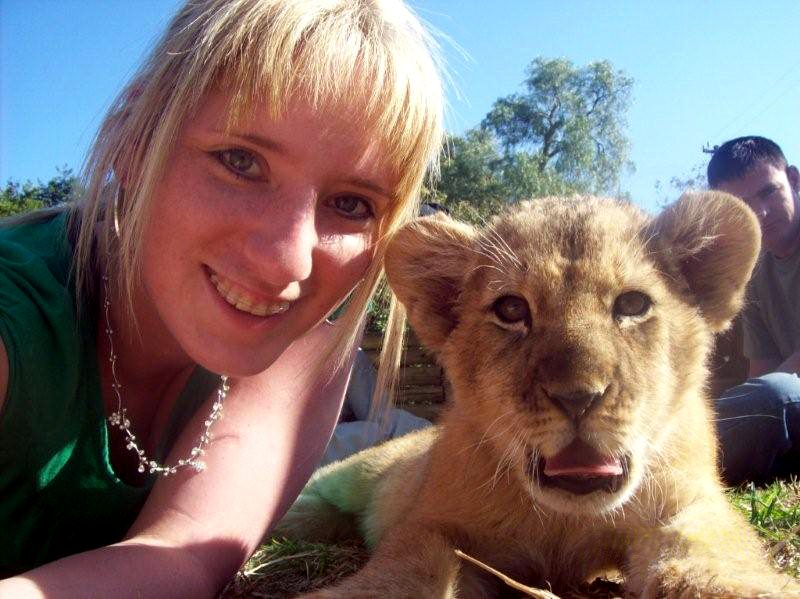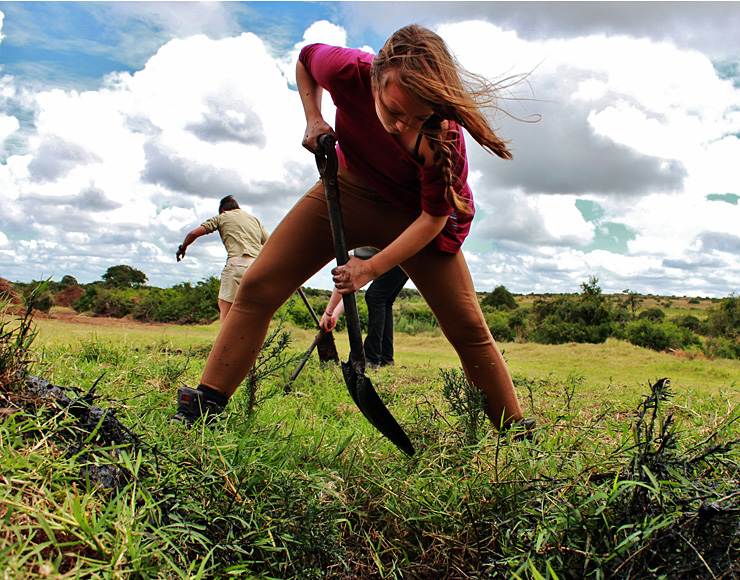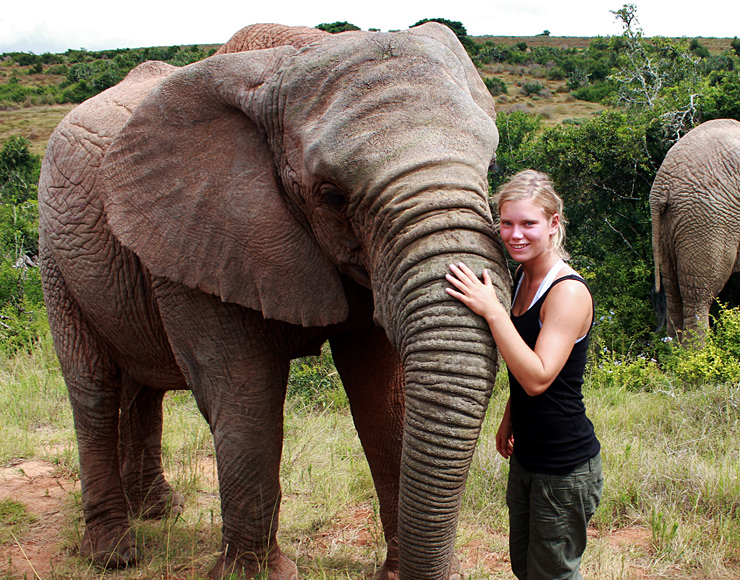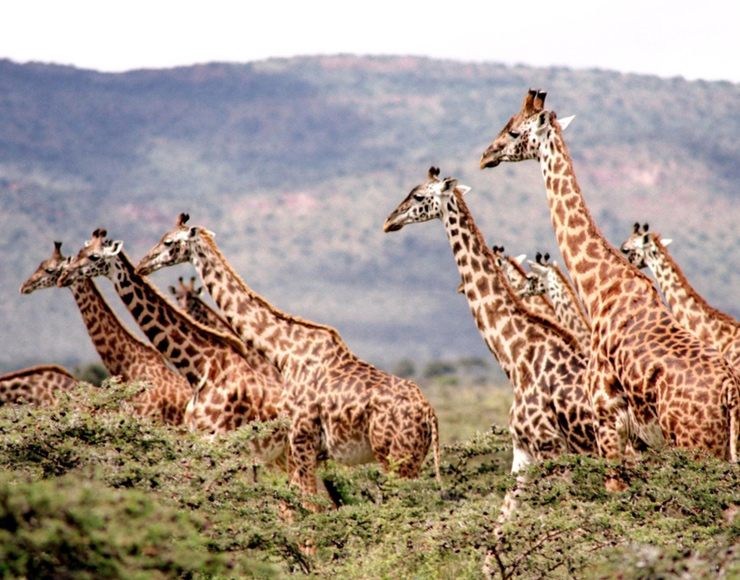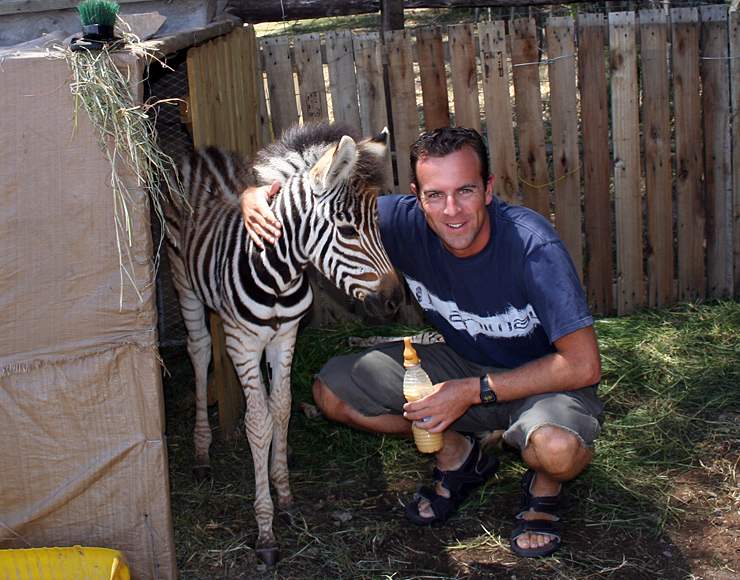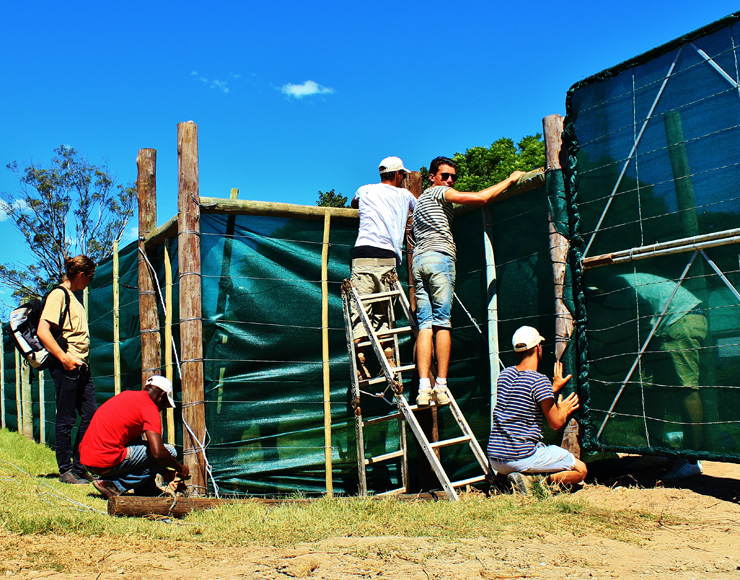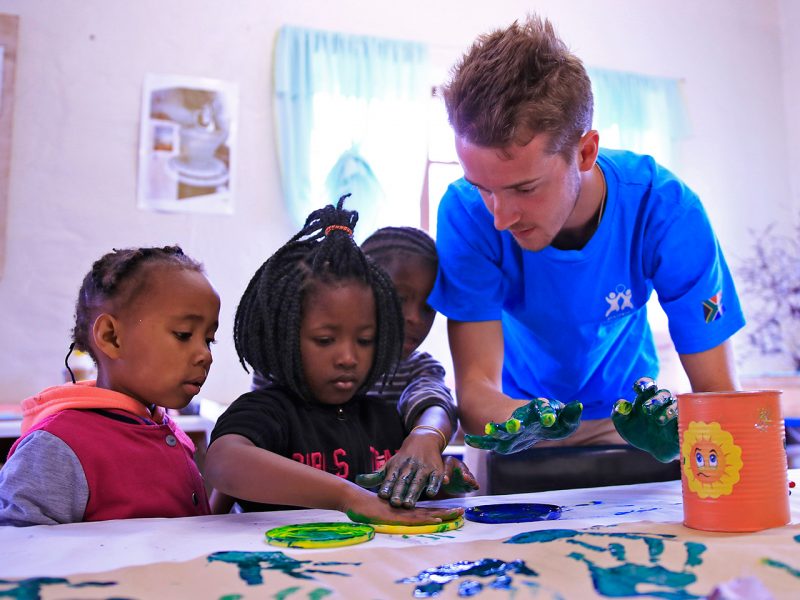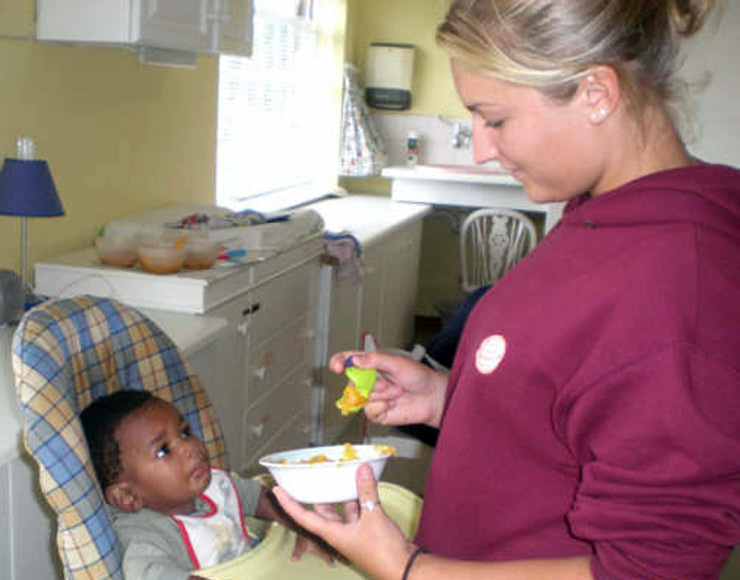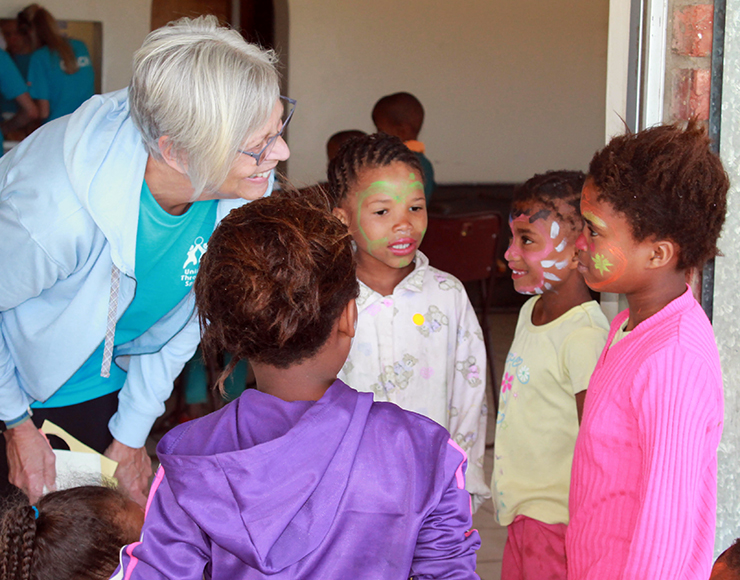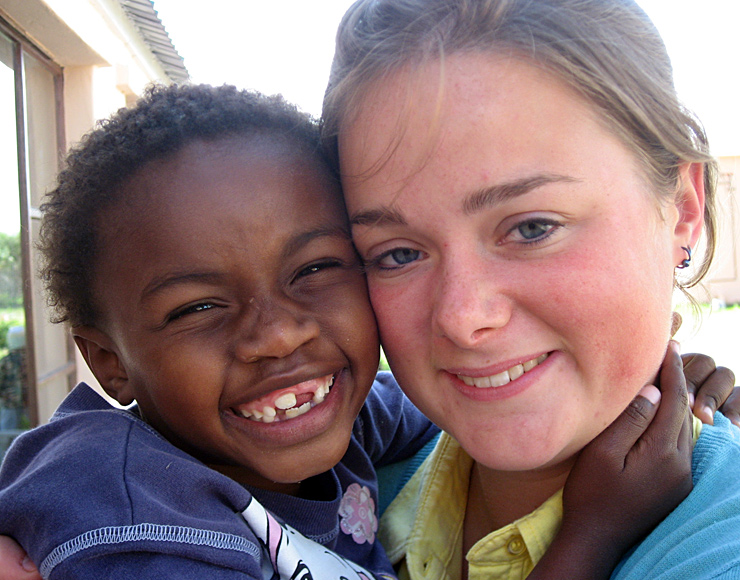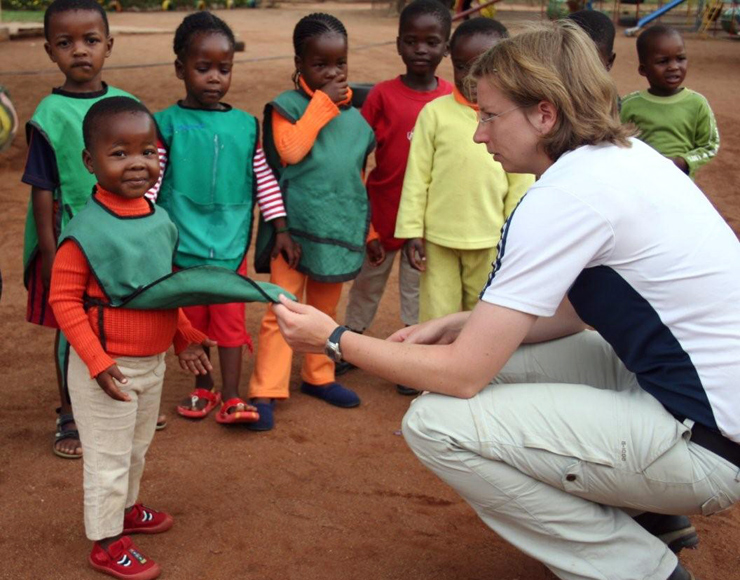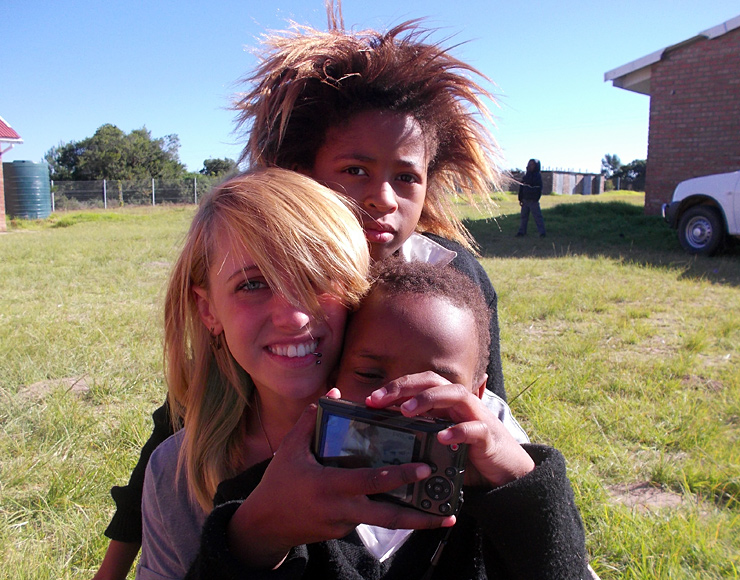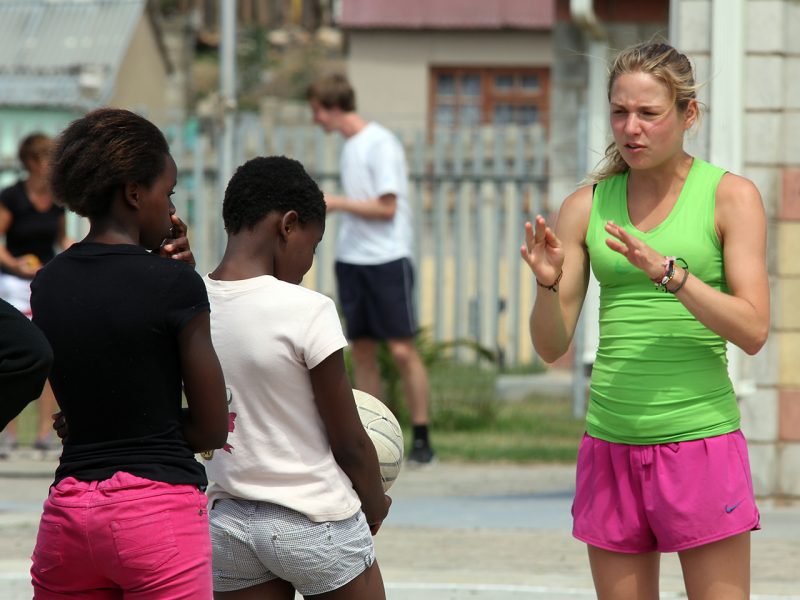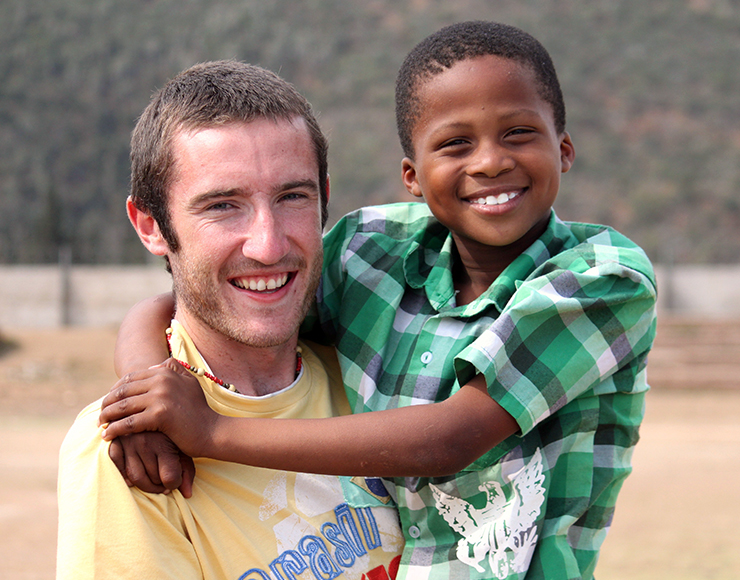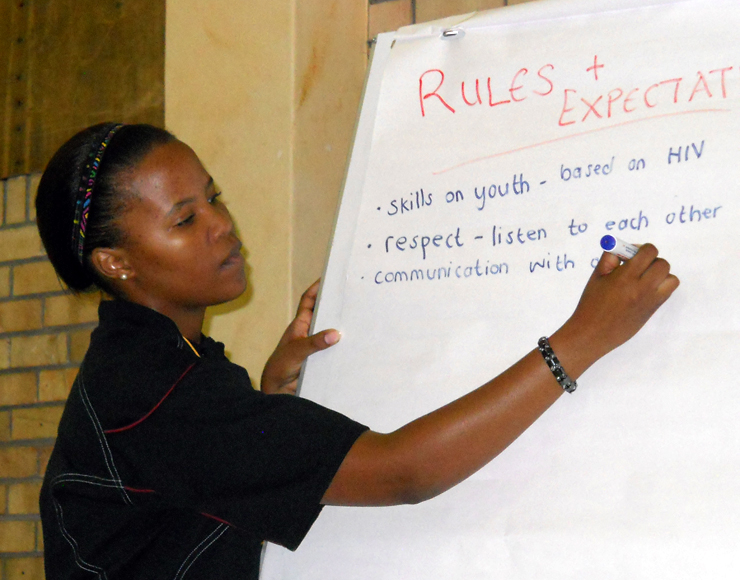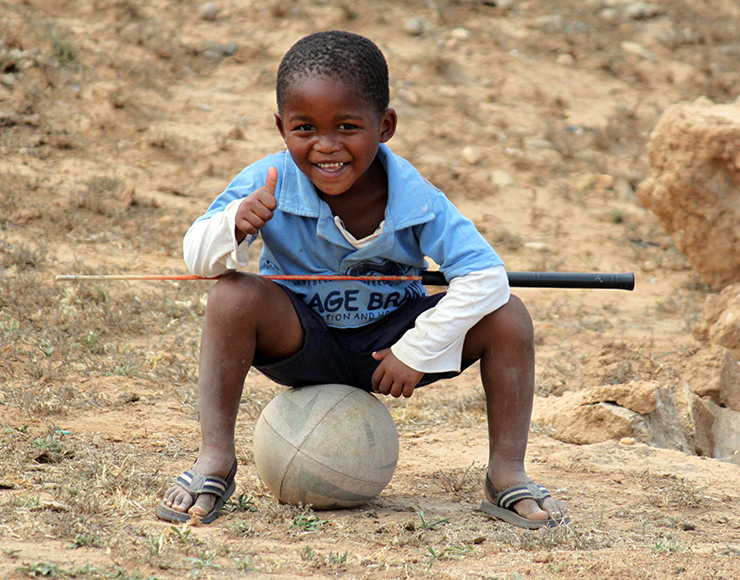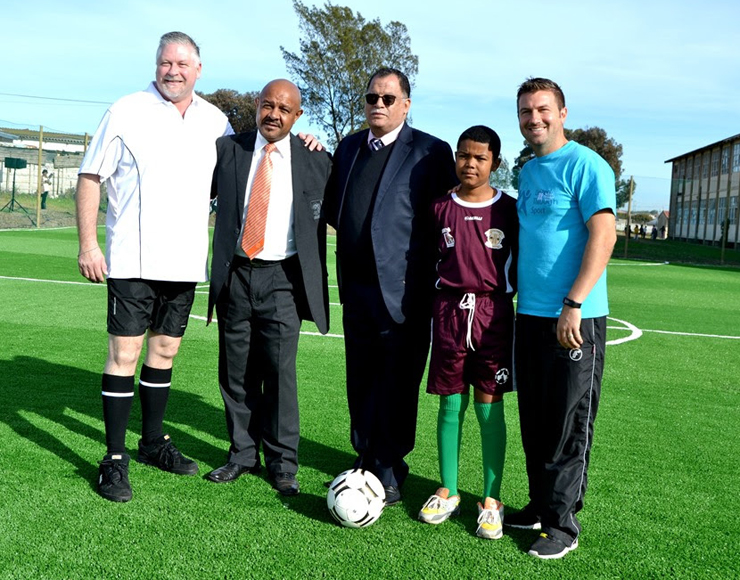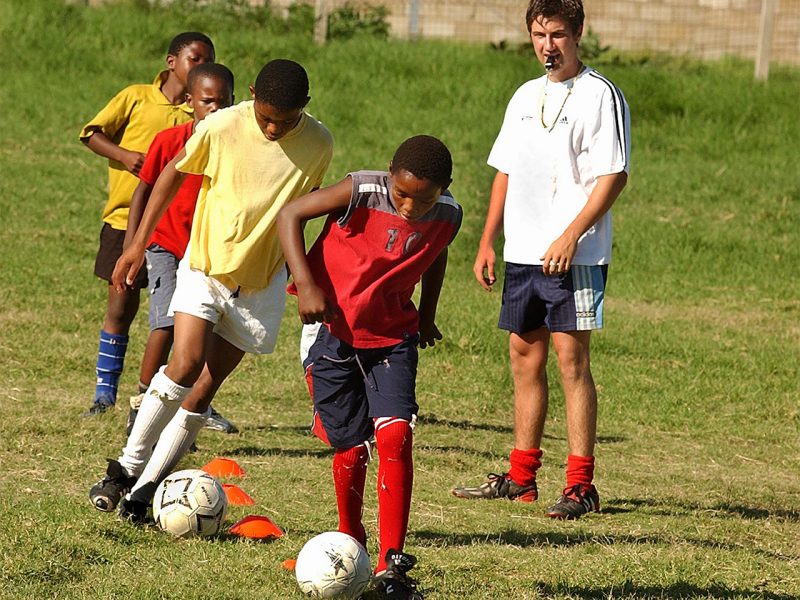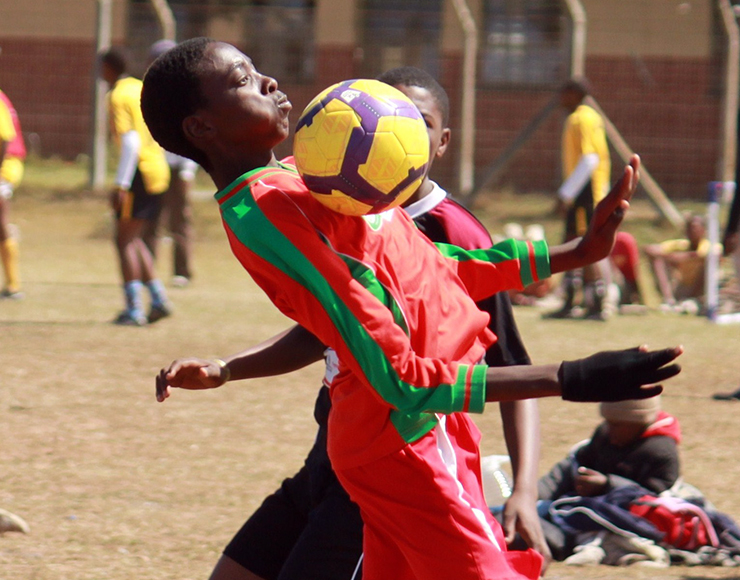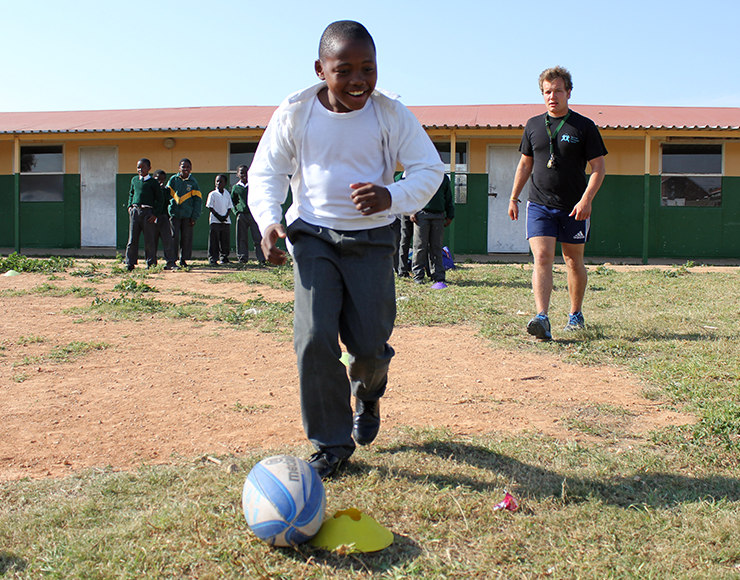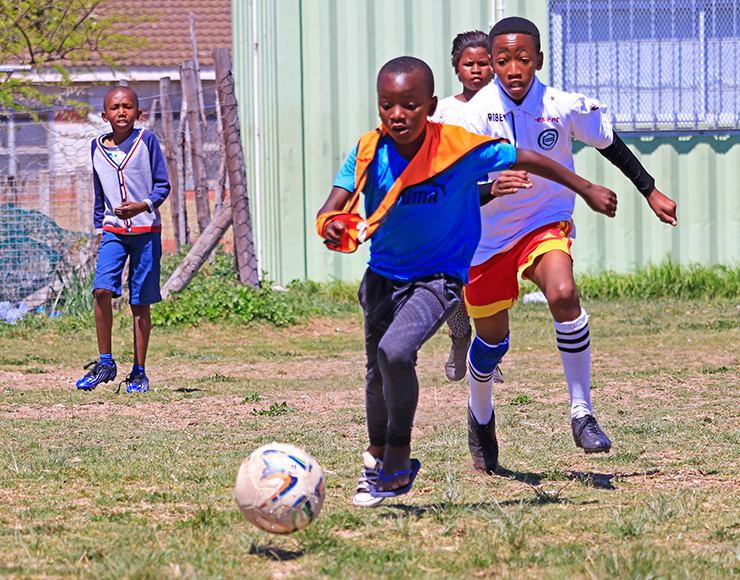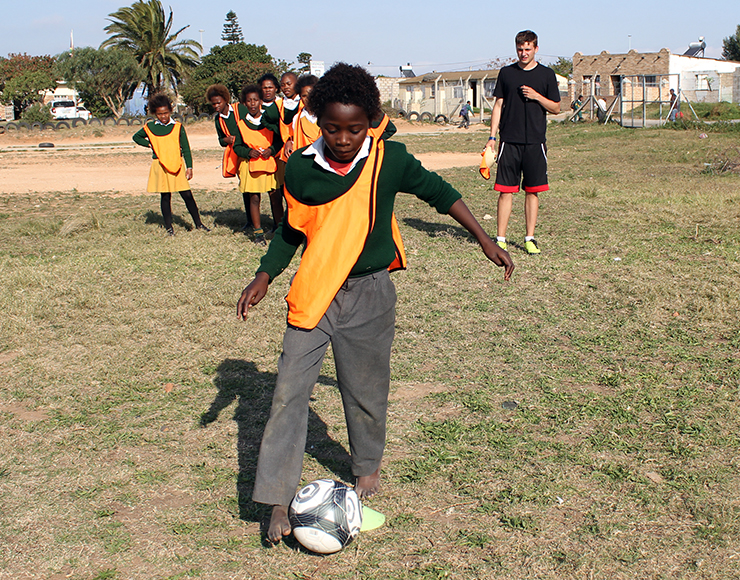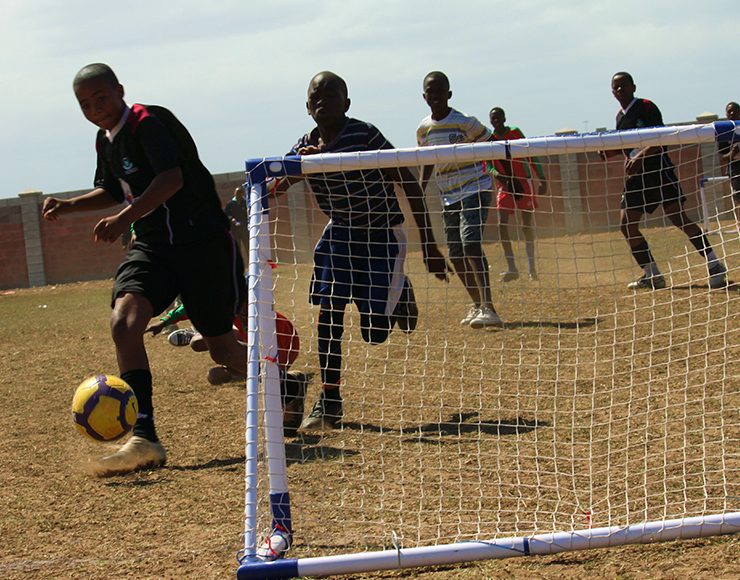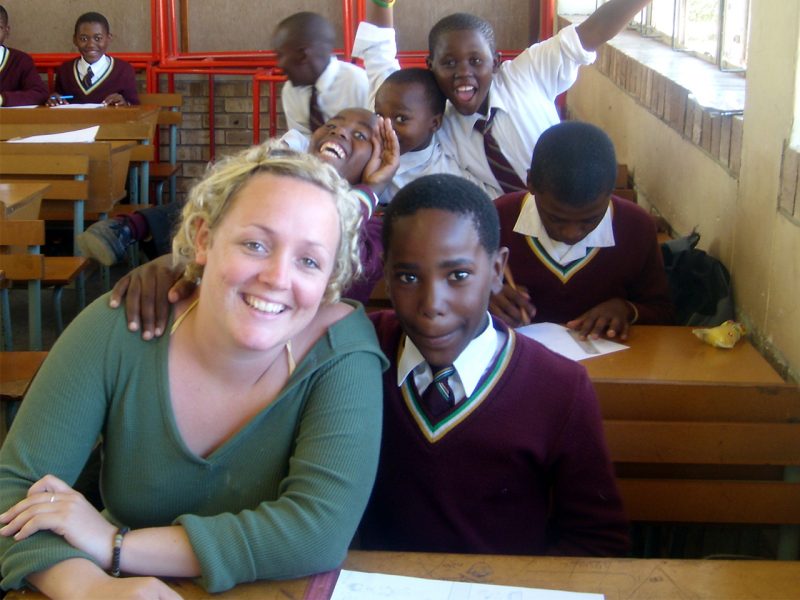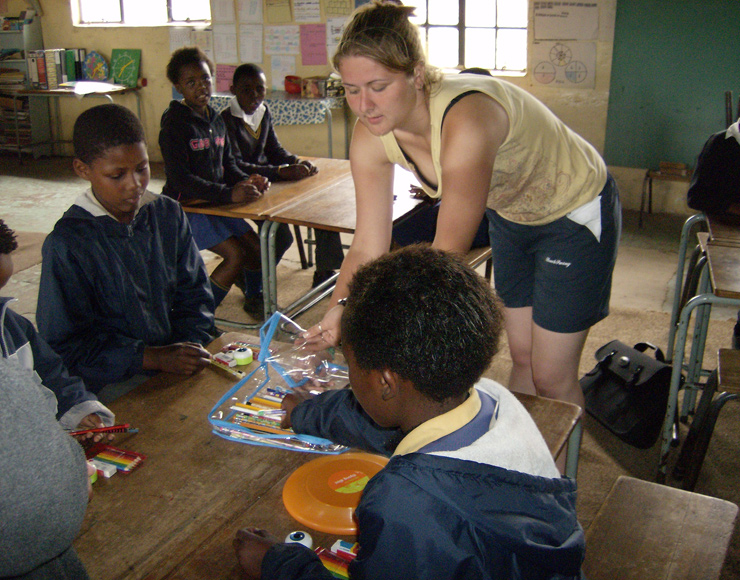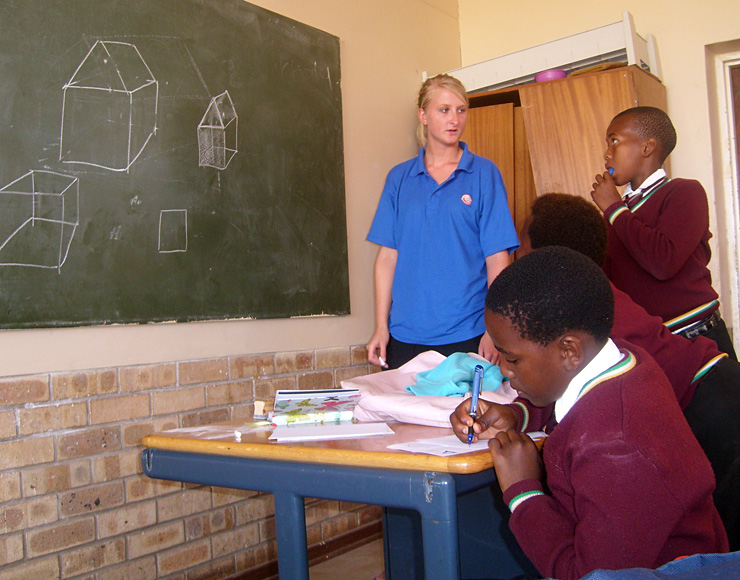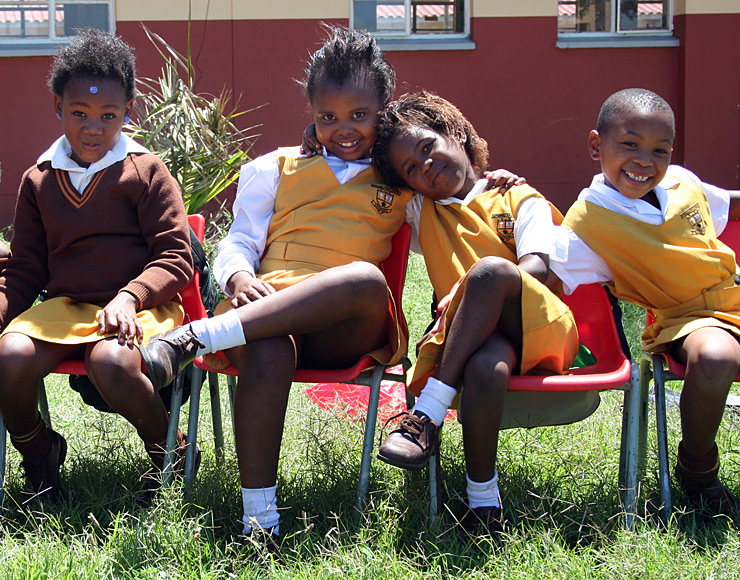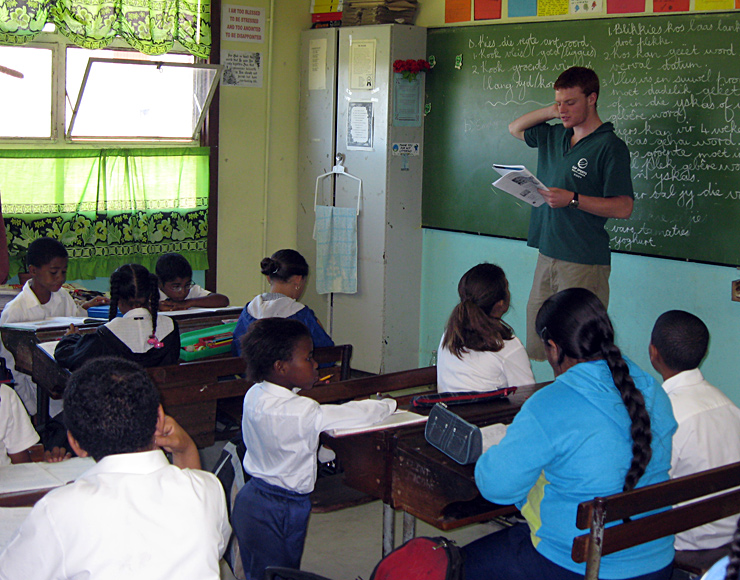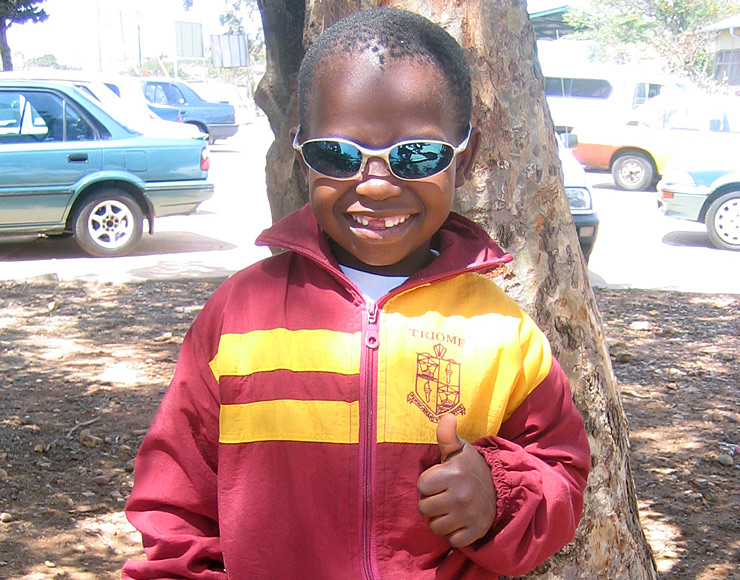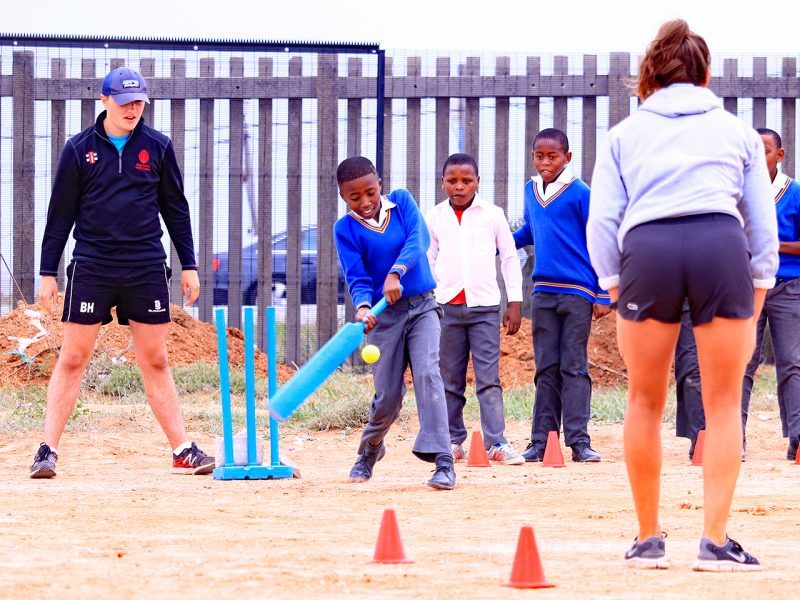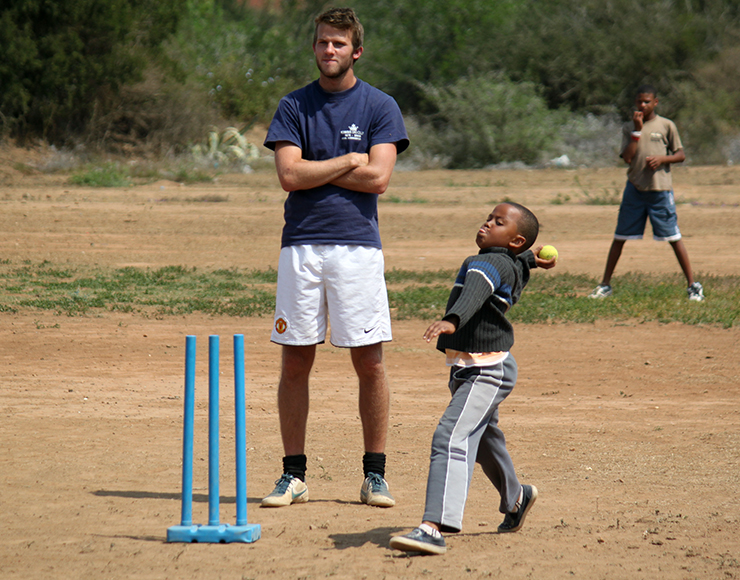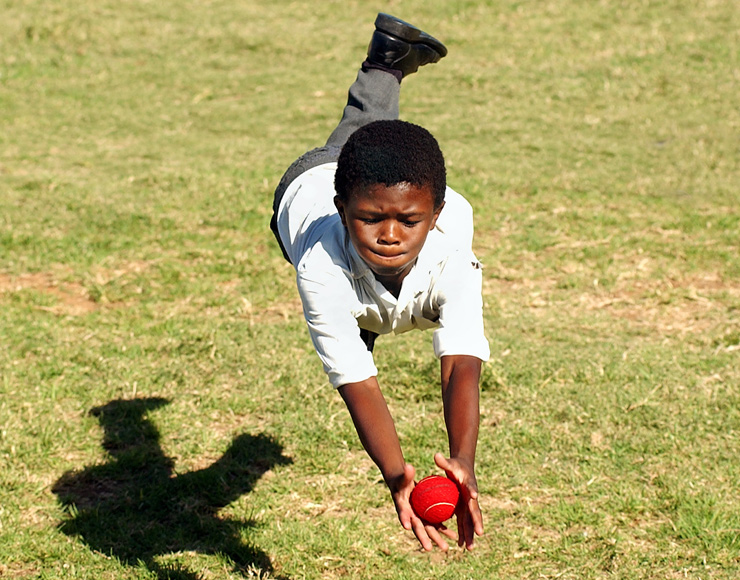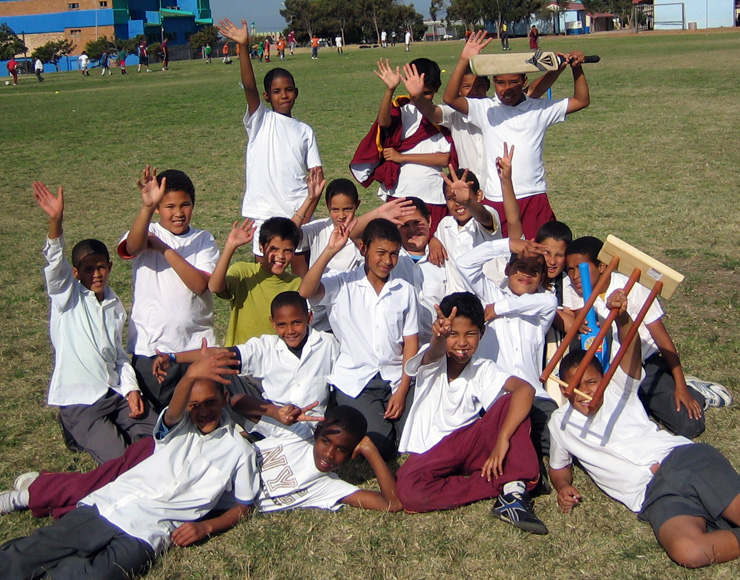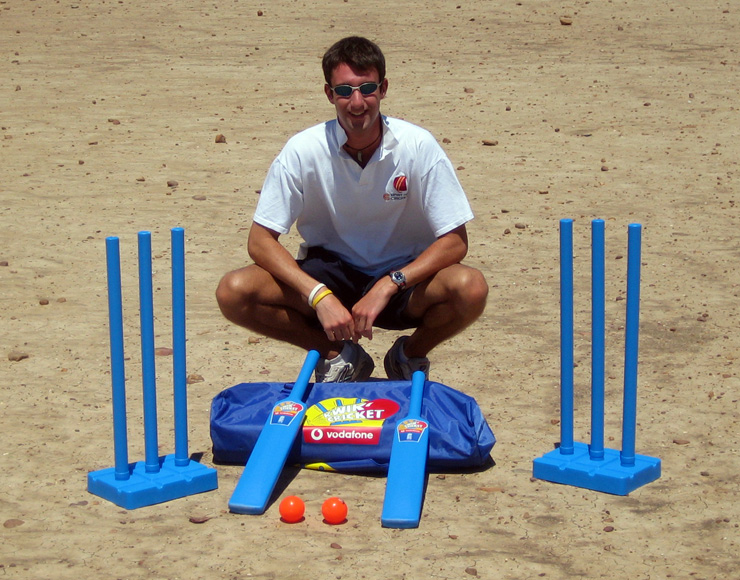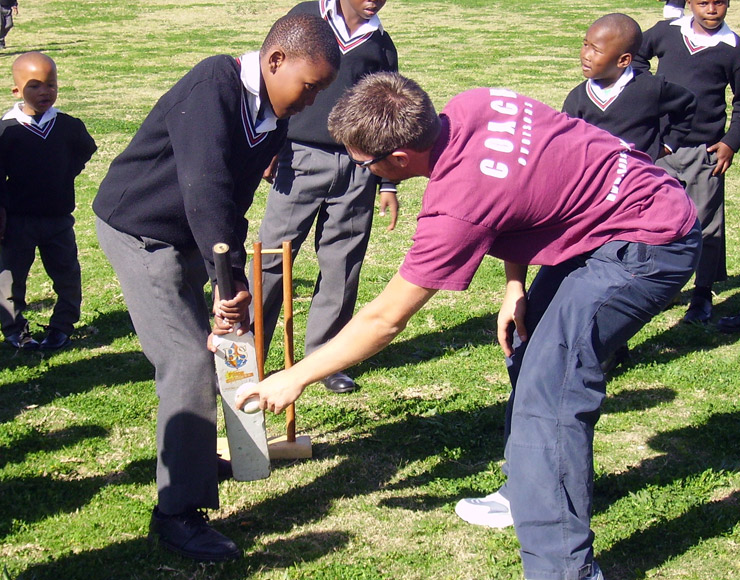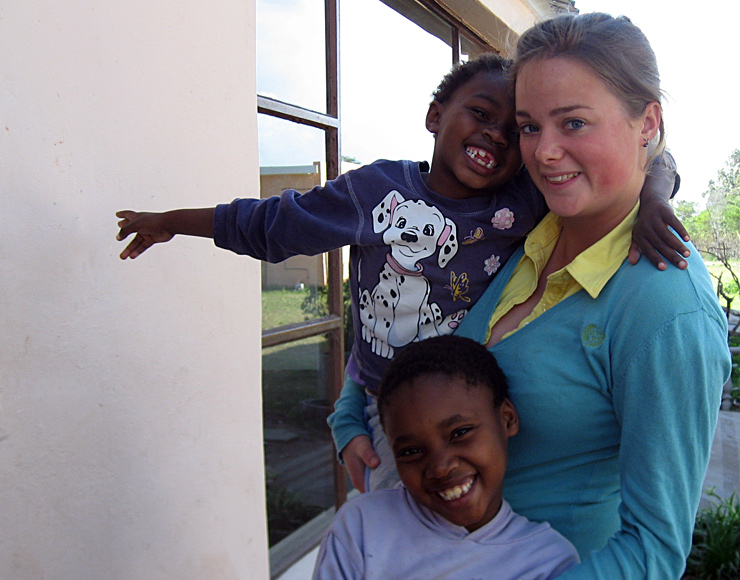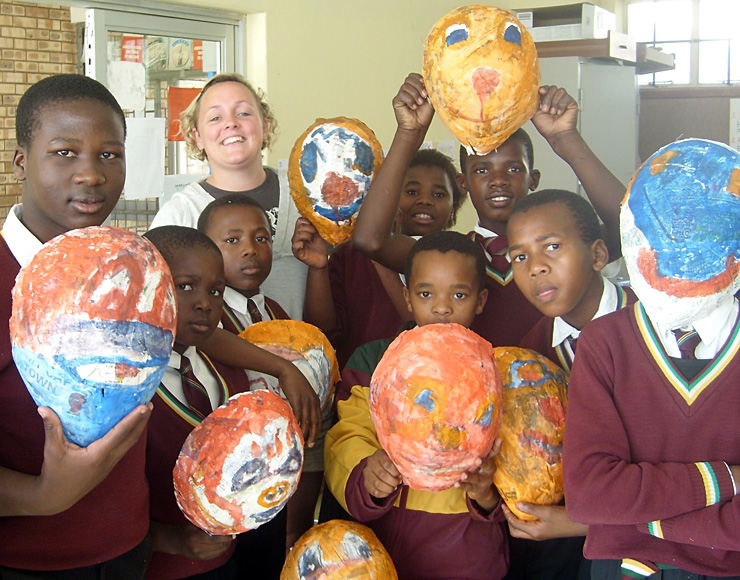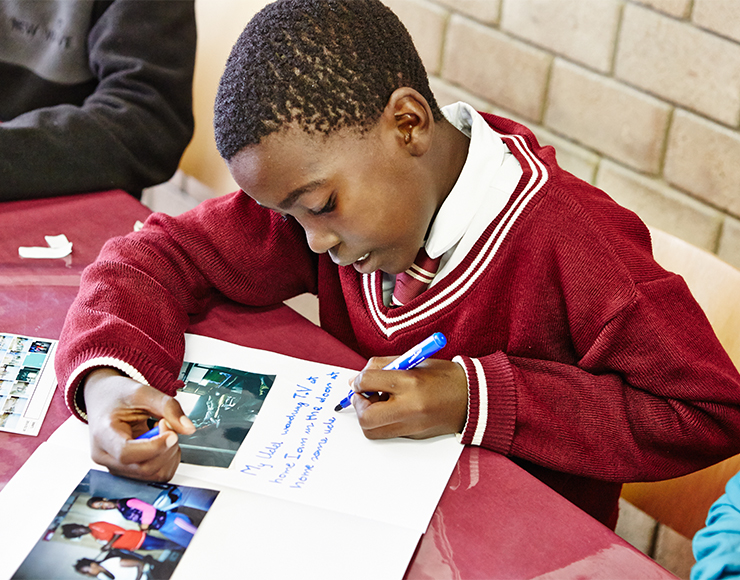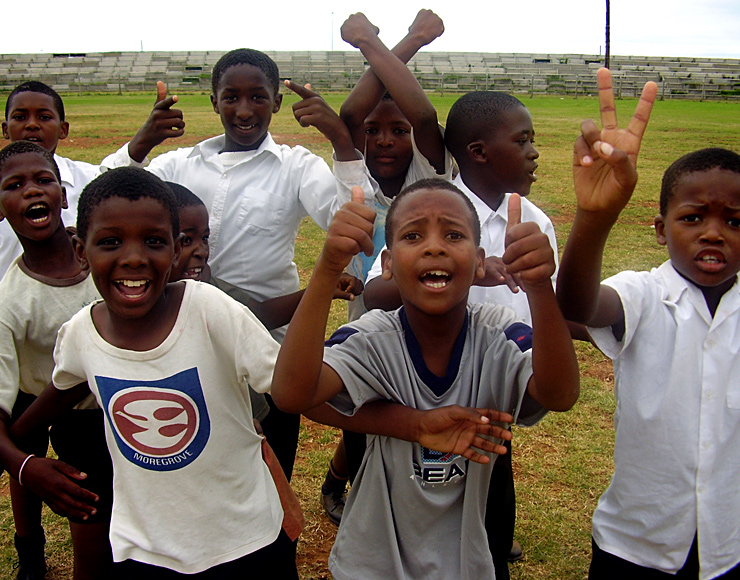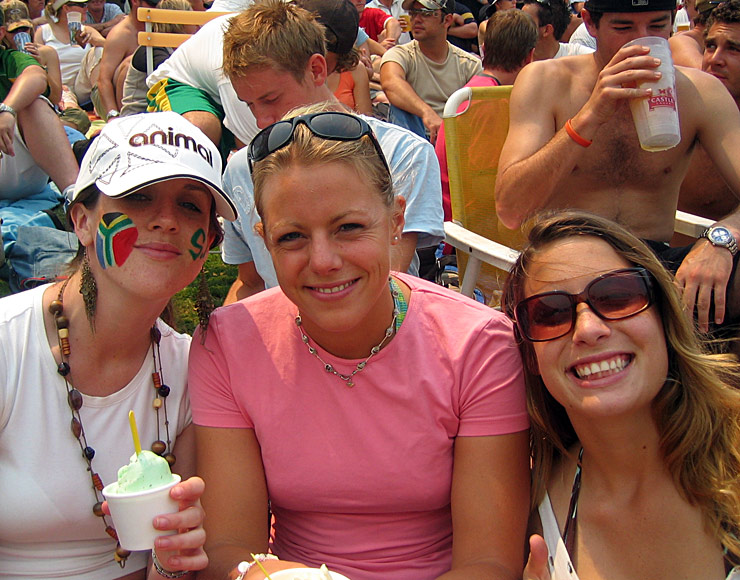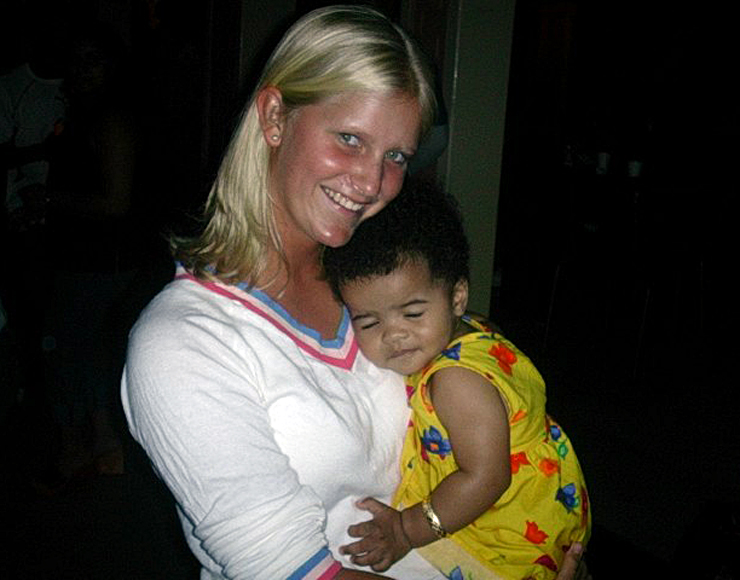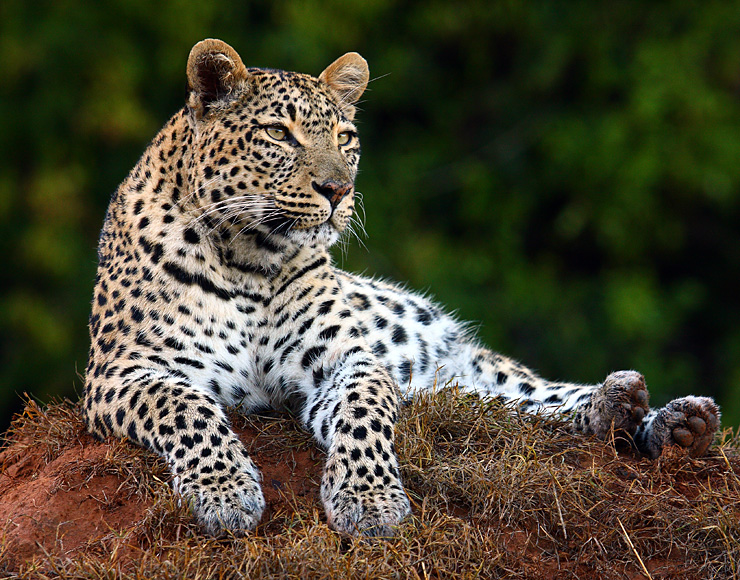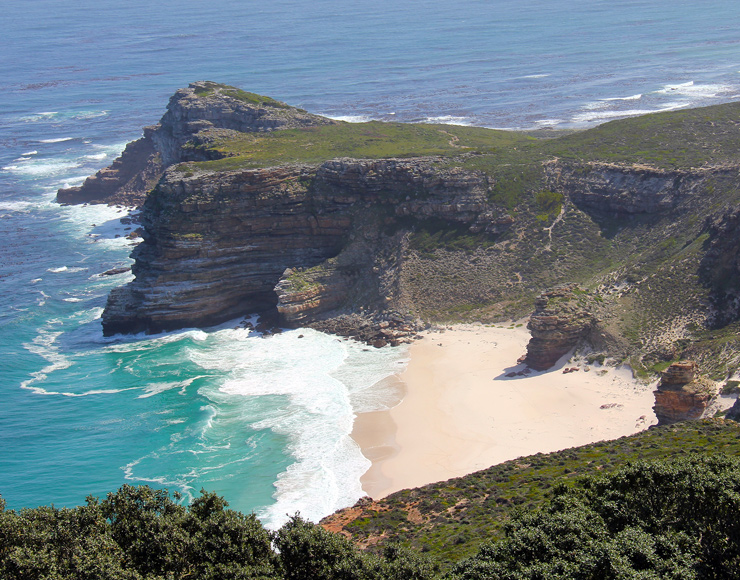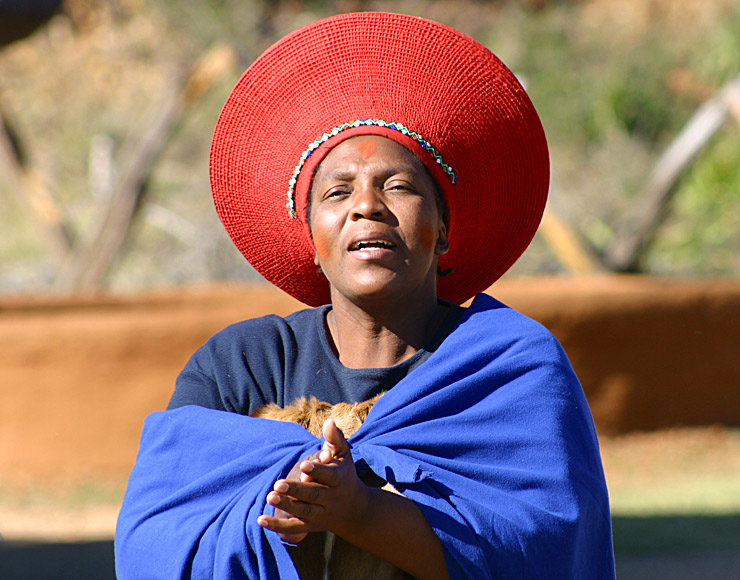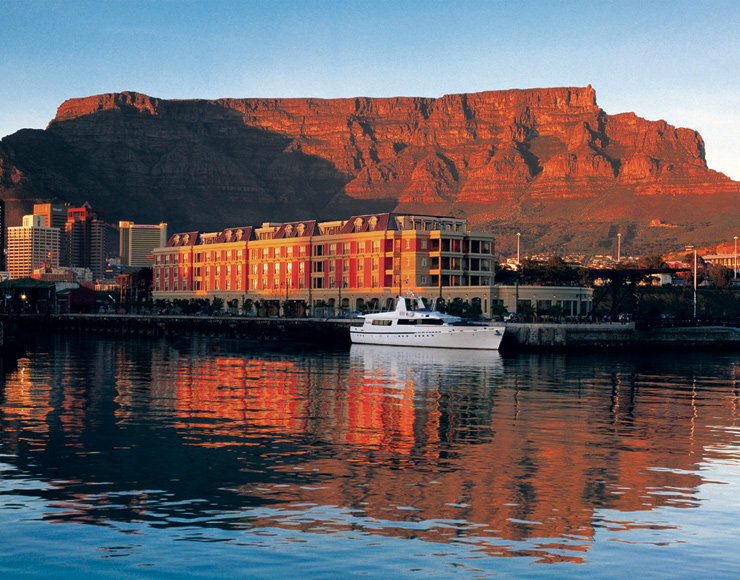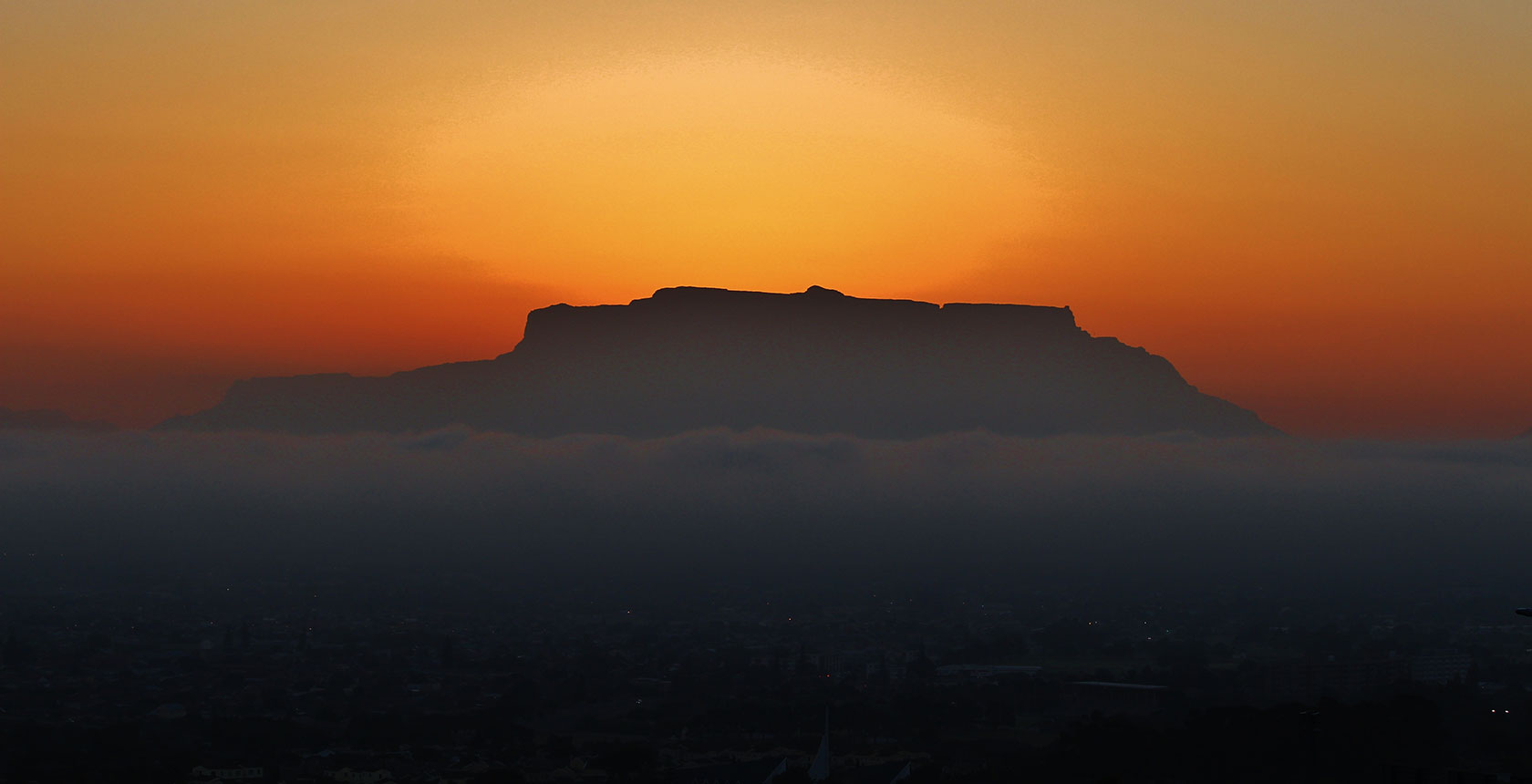South Africa attracts many travellers from all over the world, from the rich and famous going to have a luxury safaris at Shamwari Game Reserve, or the adventure traveller looking for their own secluded piece of natural beauty on the Garden Route, South Africa is as diverse as it is large, and has a great deal to offer.
Five times the size of the United Kingdom, South Africa’s culture and landscape will inspire and amaze you, from wildlife safaris and wine tasting tours, to breathtaking surf beaches and cosmopolitan cities. South Africa will leave a lasting impression long after you return home.
Quick Facts
Fun Facts
- Charlize Theron was the first South African to win an Oscar (Best Actress, Monster, 2004)
- Lekker means “cool” or “awesome”
- South Africa is the first African nation to host the FIFA World Cup
Travel Highlights
- Big 5 Safari – the chance to see lion, leopard, elephant, buffalo and rhino
- Climb Table Mountain for spectacular views of Cape Town
- Wine Tour in the Stellenbosch Valley – find a new favourite in this famous region
- Walk in the magnificent Drakensberg Mountains
- Surf at Jeffrey’s Bay – have a lesson with a professional surfer
Where is South Africa?
The Republic of South Africa lies at the very southern tip of Africa, flanked by the Atlantic and Indian Oceans. The country is almost five times the size of the UK and shares southern Africa with Botswana, Lesotho, Mozambique, Namibia, Swaziland and Zimbabwe.
History of South Africa
South Africa’s turbulent history is a blend of tribal warfare, racial struggle and political activity, the legacy of which lives on in the multicultural country that you see today. The Dutch were the first European settlers to land in South Africa, way back in the 17th century. They brought a new religion (the Dutch Reformed Church) and a new language (Afrikaans) which is still widely spoken throughout South Africa. The British, however, became increasingly prominent during the late 18th century and tensions soon led to the Anglo-Boer War. The conflict saw the Boers (Dutch farmers) and the British forces locked in battle from 1899-1902. The British were victorious and finally took control of the Boer regions of Transvaal and the Orange Free State (OFS) and ruled the country until 1910 when the Union of South Africa was created.
The Union of South Africa installed political power to the whites and, unsurprisingly, extreme racial segregation, better known as apartheid, was soon evident across the country. The Afrikaner National Party was especially renowned for upholding its strict racial regime from 1948 onwards. Blacks established their own political parties in response to this oppression, the most notable being the African National Congress (ANC), and black-led protests were met with unfettered violence. During the 1960s, the leaders of the ANC were imprisoned, including Nelson Mandela, and the country left the Commonwealth declaring itself a republic state. Racial tensions continued for many years and it was only in 1989, when FW de Klerk came to power, that South Africa gained a new hope for peace. In 1990, Nelson Mandela was freed from prison and became the first black president, winning the 1994 general election. Soon afterwards, South Africa returned to the Commonwealth.
South Africa has come a long way since the days of apartheid, but the division between whites and blacks still exists today. Fortunately, as one of the most democratic and well developed nations on the continent, South Africa can now be hopeful about finally resolving its turbulent and racially-loaded past.
Climate in South Africa
South Africa has an envious climate, with sunny weather being enjoyed throughout the year, although the temperatures in winter tend to be cool and mild. South Africa’s seasons are the opposite of the northern hemisphere and the winter months are therefore spread from June to August, with temperatures ranging from around 10°C to 20°C. The summer weather blazes from November to March, with temperatures reaching about 30°C, and spring is during September and October, with autumn between April and May.
Languages of South Africa
There are 11 official languages in South Africa but English is widely spoken, especially in the main cities. If travelling through South Africa, you will undoubtedly come across this variety of language. Afrikaans speakers usually speak English well, but this is not always the case in small towns and amongst the older generations. There are several African languages spoken, of which the most common are Zulu and Xhosa which uses a variety of clicks – hard to learn but will provide a source of intrigue for listeners.
Music in South Africa
Many people are familiar with the African sounds and choral beauty of the Lady Smith Black Mambazo band, most notably for their collaboration with Paul Simon on the Graceland project of 1986, winning fans throughout the world. Their music has also been used on TV commercials such as the Heinz baked beans TV advert in 1999. The Mambazo’s music has a recognizable sound (known as the Iscathamiya style of singing) but there is an array of other South African music which you should try to sample while in country, including Hip Hop, Reggae, Jazz and other contemporary styles.
Food in South Africa
South Africa offers traditional food spanning many different cultures, from Braais (barbeques) and biltong (dried meat), to Potjiekos (cooked meat and vegetable stew) and Mielie Pap (a stiff corn meal mix).
Travelling in South Africa
South Africa offers a reliable and affordable bus network that makes travelling the country by coach a convenient option. The journey from Cape Town (west coast) to Johannesburg (east coast) takes around 20 hours and there are a number of reputable companies to choose from, including Greyhound and Translux, as well as other hop-on, hop-off services that are targeted at the backpacker market. Travelling by bus is also a great way to explore the Garden Route between Cape Town and Port Elizabeth – a stunning coastal landscape rich with wildlife and flora.
Travelling by train is another affordable option, but often slightly more expensive than bus. Travel times tend to be shorter than bus, but not in every case. For example, the train journey from Cape Town (west coast) to Johannesburg (east coast) can take up to 30 hours as opposed to 20 hours by bus.
Renting a car gives you flexibility and is perhaps the best way to discover the areas of South Africa that the bus and train networks do not service. The roads are well kept and a number of major car rental companies operate in South Africa which makes car rental simple. You must, however, make sure you have a valid driver’s licence and are fully insured to drive in South Africa.
Flying is the most convenient way to travel between South Africa’s most popular areas and cities, including Cape Town, Port Elizabeth and Johannesburg. Booking early will save you money and there are a number of domestic airlines to choose from.
South Africa is a haven for adventure with extreme sports, varied landscapes and famous surfing destinations, namely Jeffrey’s Bay. There are also fantastic golf courses, scenic hiking routes (an ideal way of getting close to the natural environment and also an inexpensive way of exploring the country), places to parachute jump, go mountain biking, scuba dive and much more. You may want to include some of the following activities while in-country: mountain biking, camping, shark diving, bungee jumping, 4×4 safaris, golf, fishing, scuba diving, parachuting, horse riding, dune boarding, boogey boards, deep sea cruises, tennis, squash, kayaking, badminton, water skiing, coastal hiking and power kiting.
Sport in South Africa
South Africa has long been a respected and fearsome force in international sport with its rugby, cricket and football teams providing strong competition around the globe. South Africa is therefore a perfect destination for anyone who has a passion for sport, whether playing it, coaching it or watching it. However, behind South Africa’s sporting success, lies a lack of sporting opportunities for many of the children living in the townships and poorer communities.
Gap Years and Career Breaks in South Africa
South Africa is a fantastic destination for those who want a really varied gap year or career break. With opportunities to witness sporting drive and passion on another level, the experience of free falling from a platform high above the ground on the worlds tallest bungee jump, to getting up close with wildlife, and tracking the Big 5 in some of the worlds most famed game reserves. South Africa has something for everyone, so take this opportunity to make your trip truly memorable!

